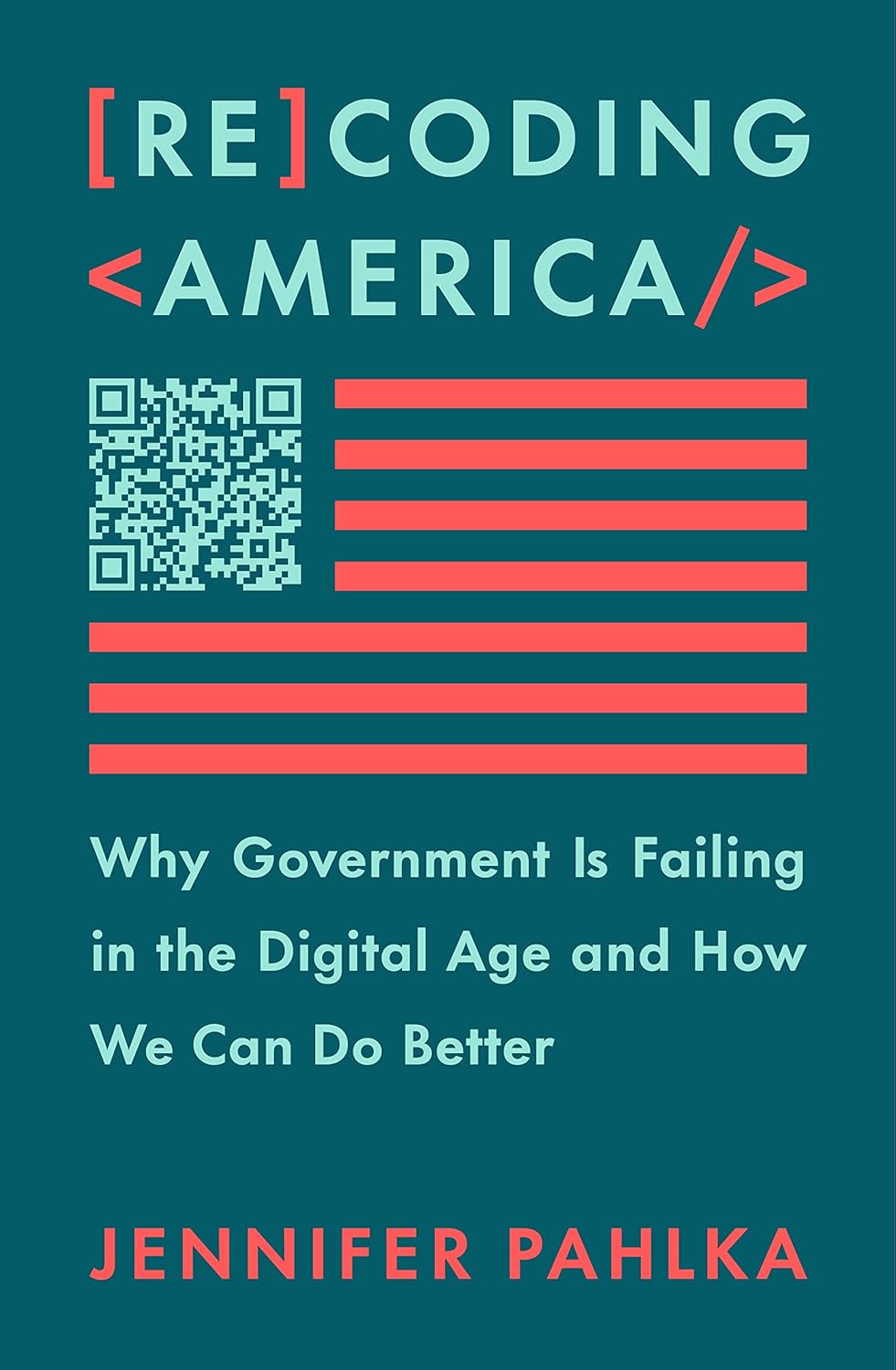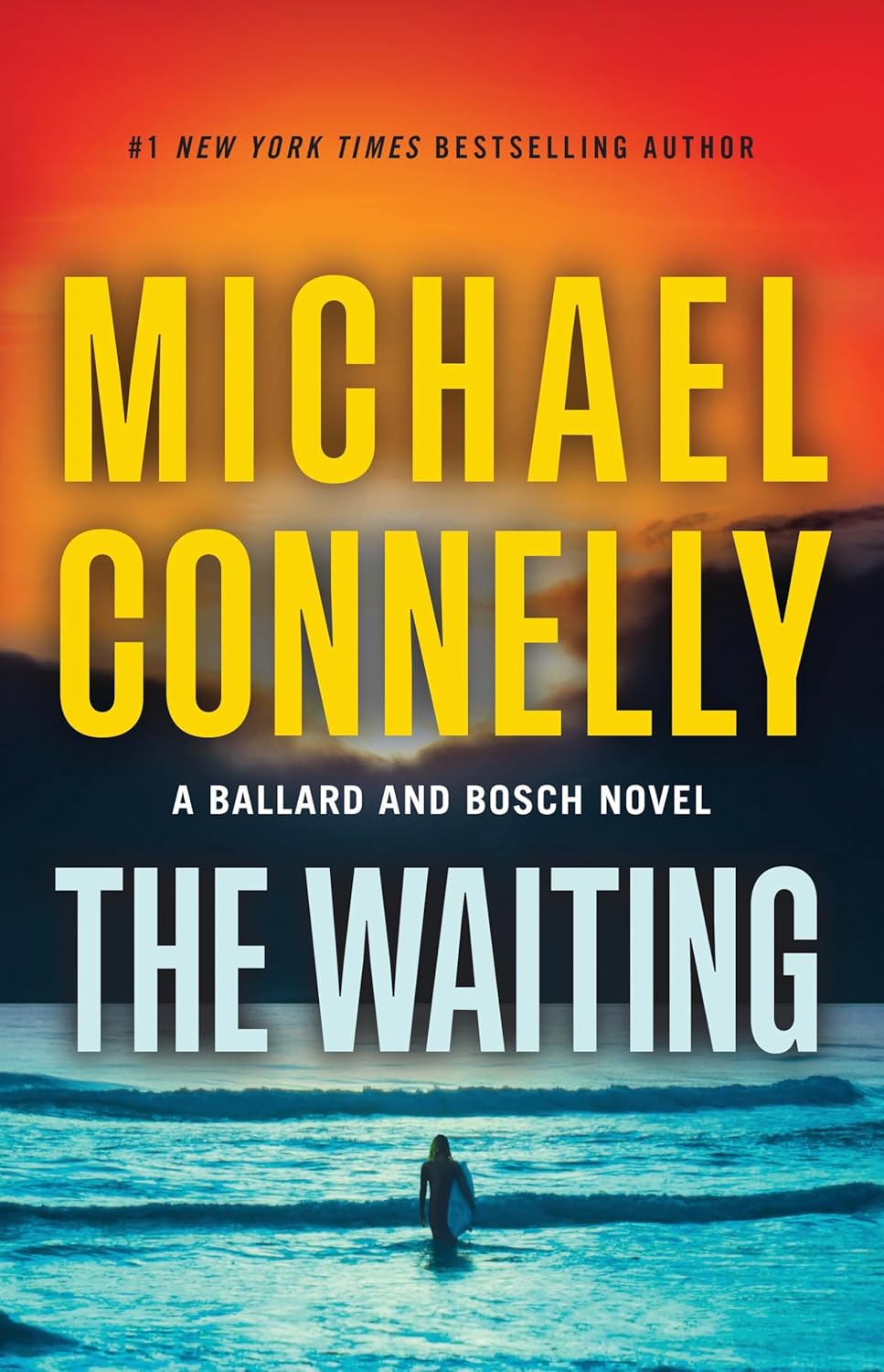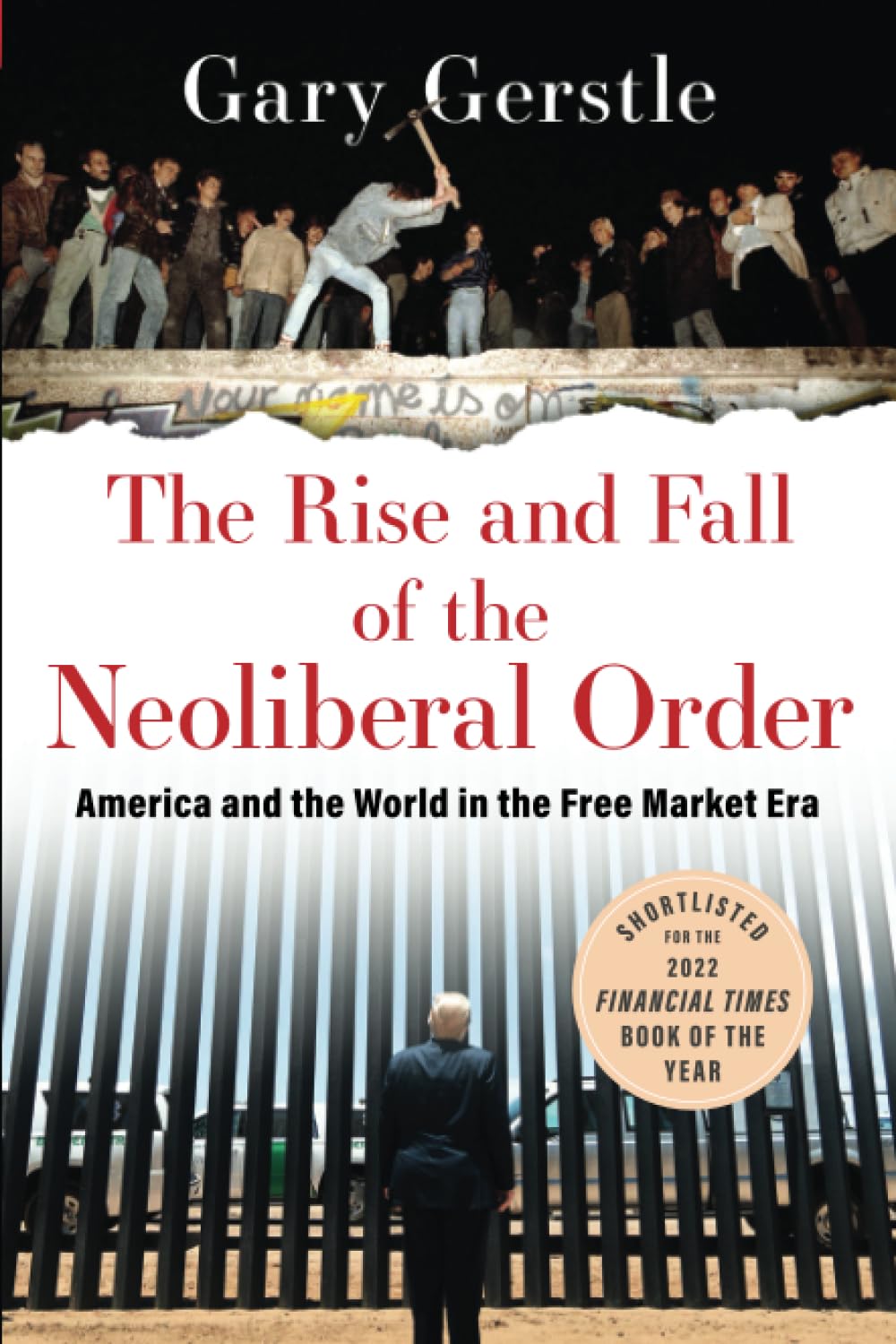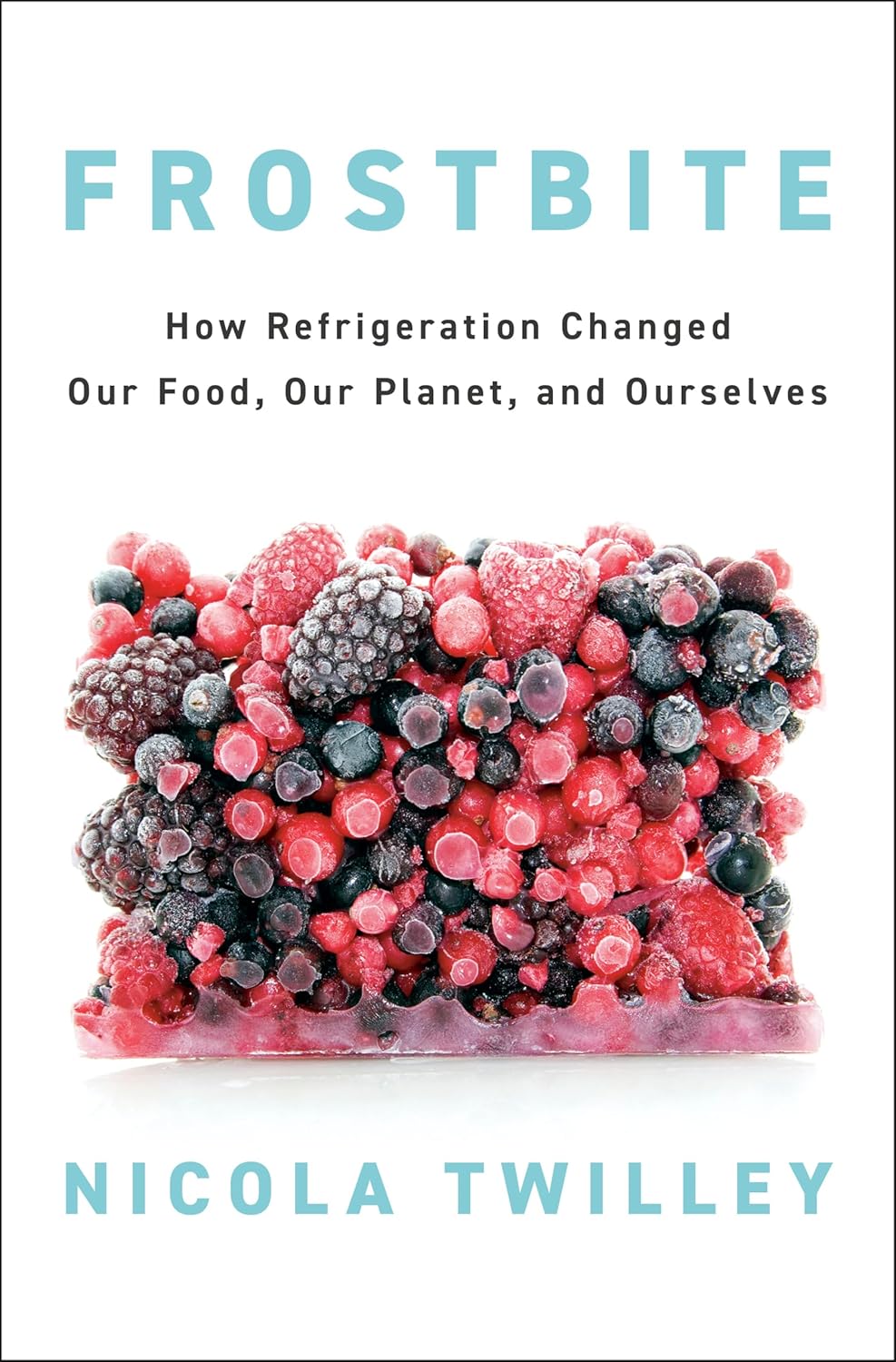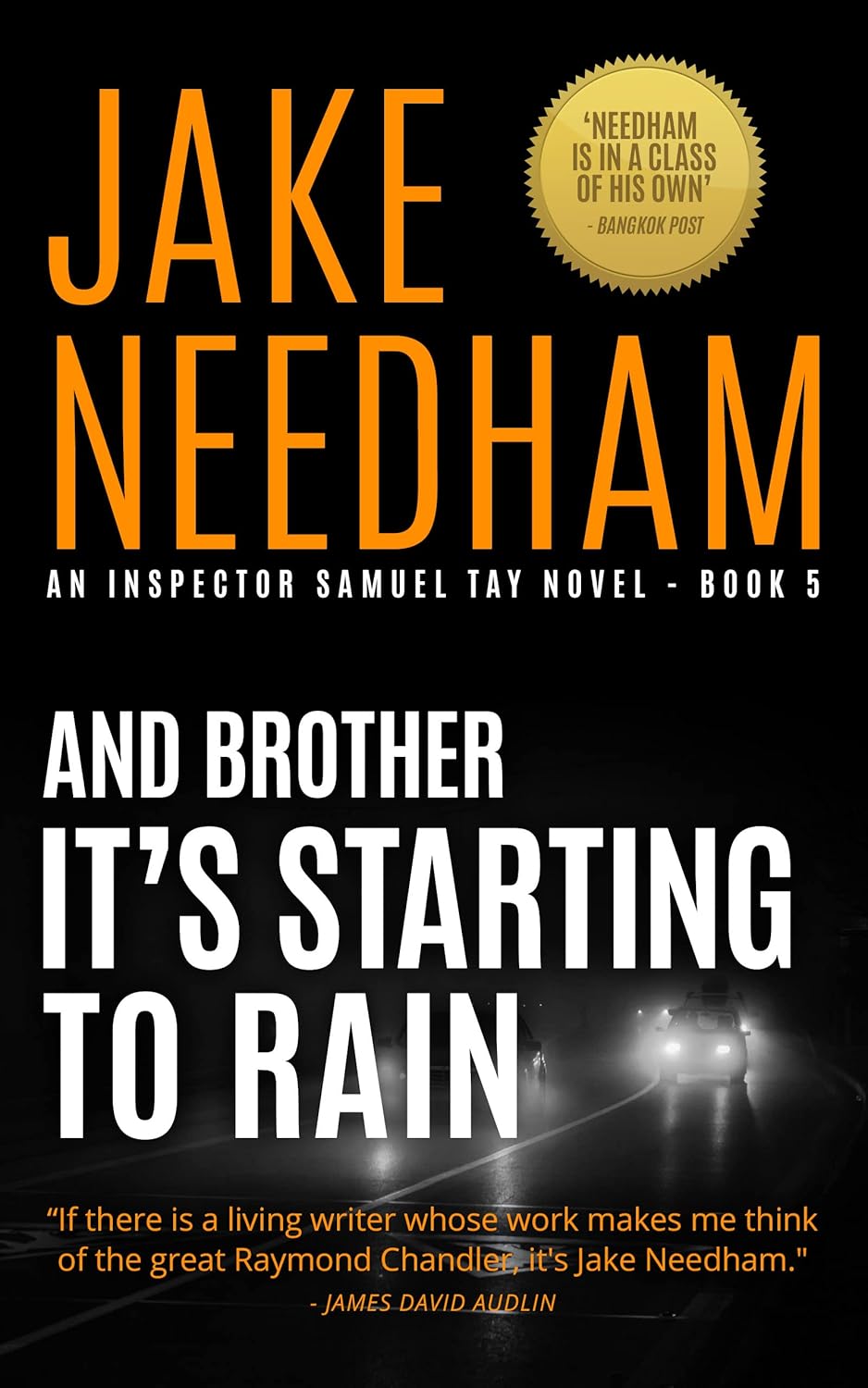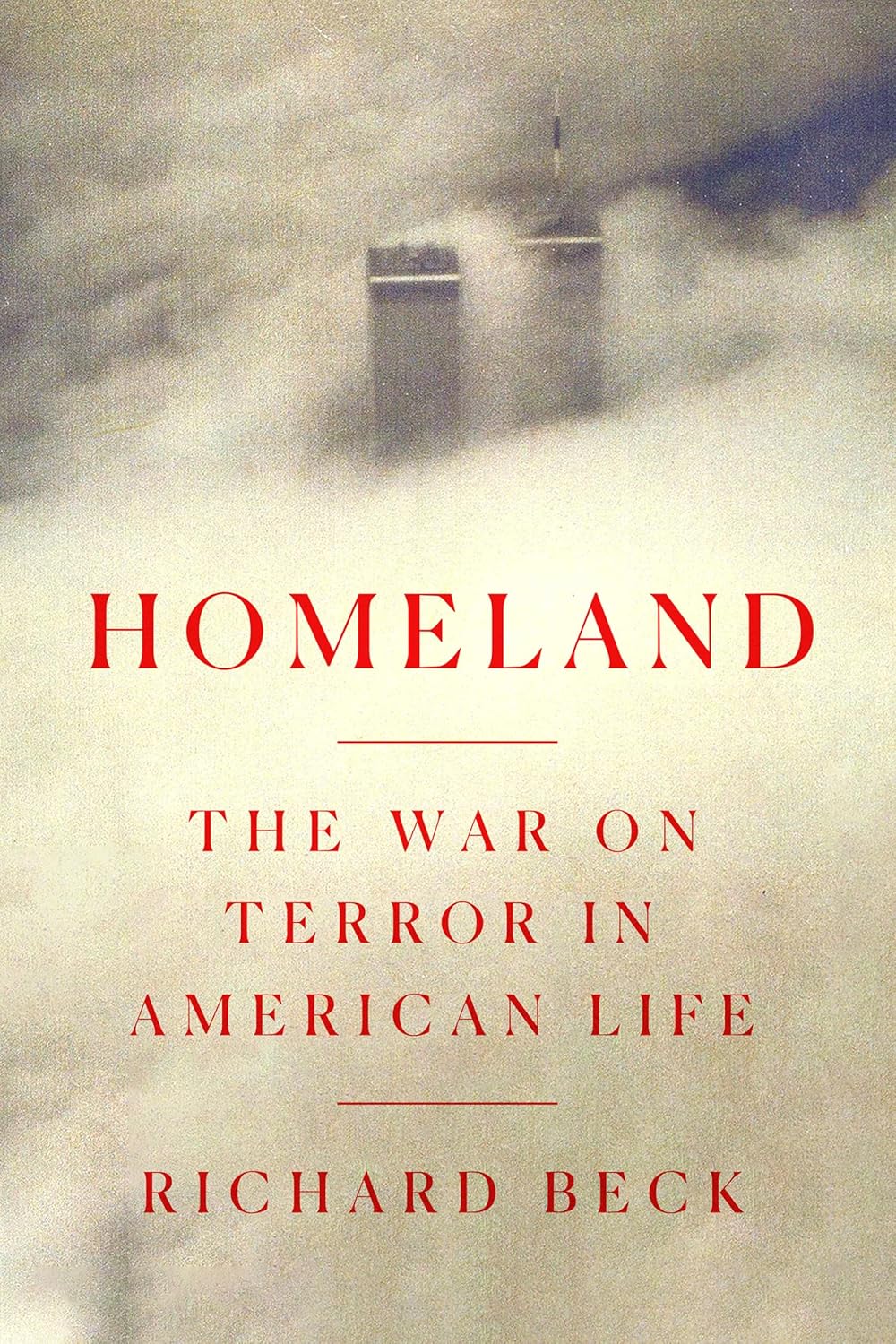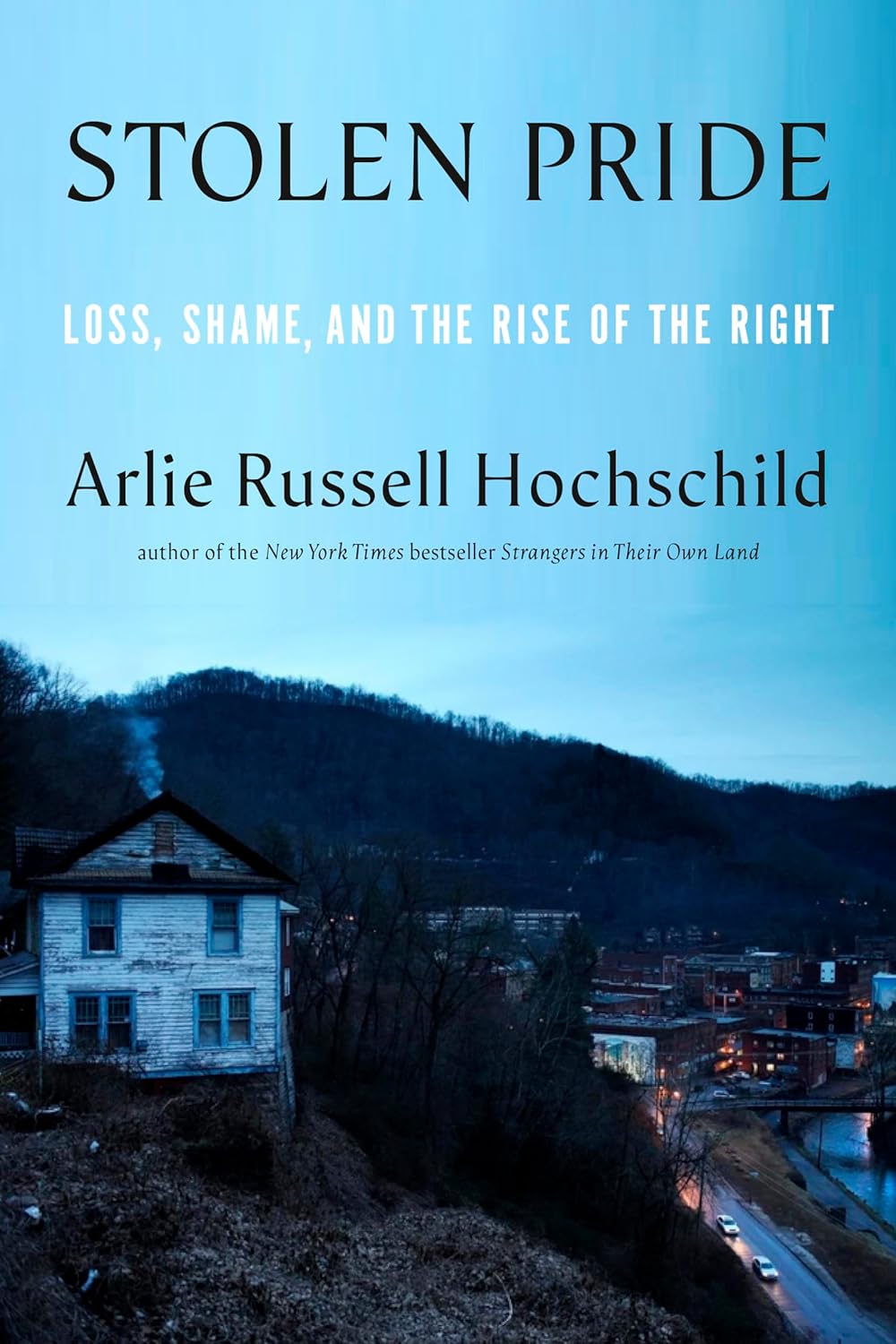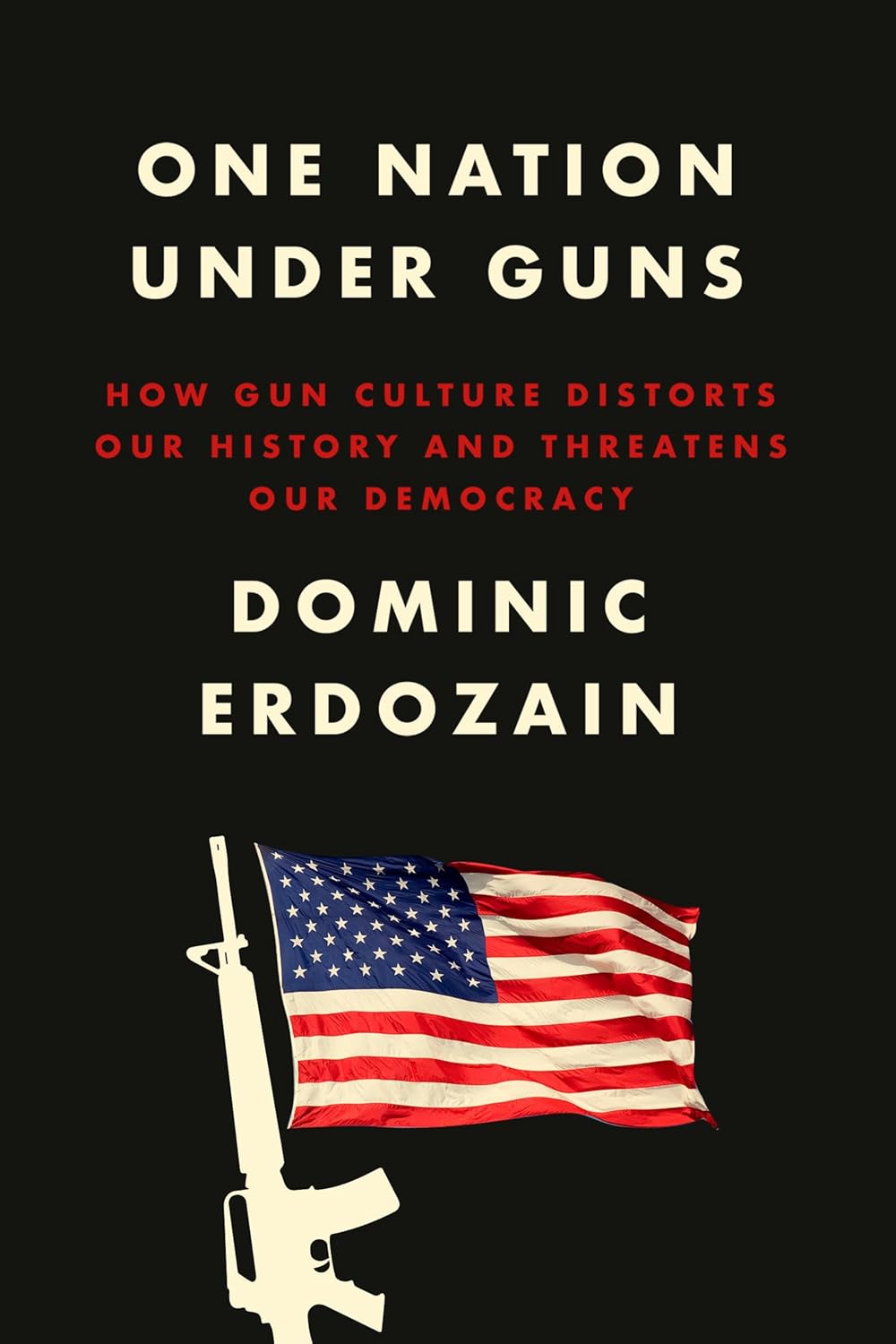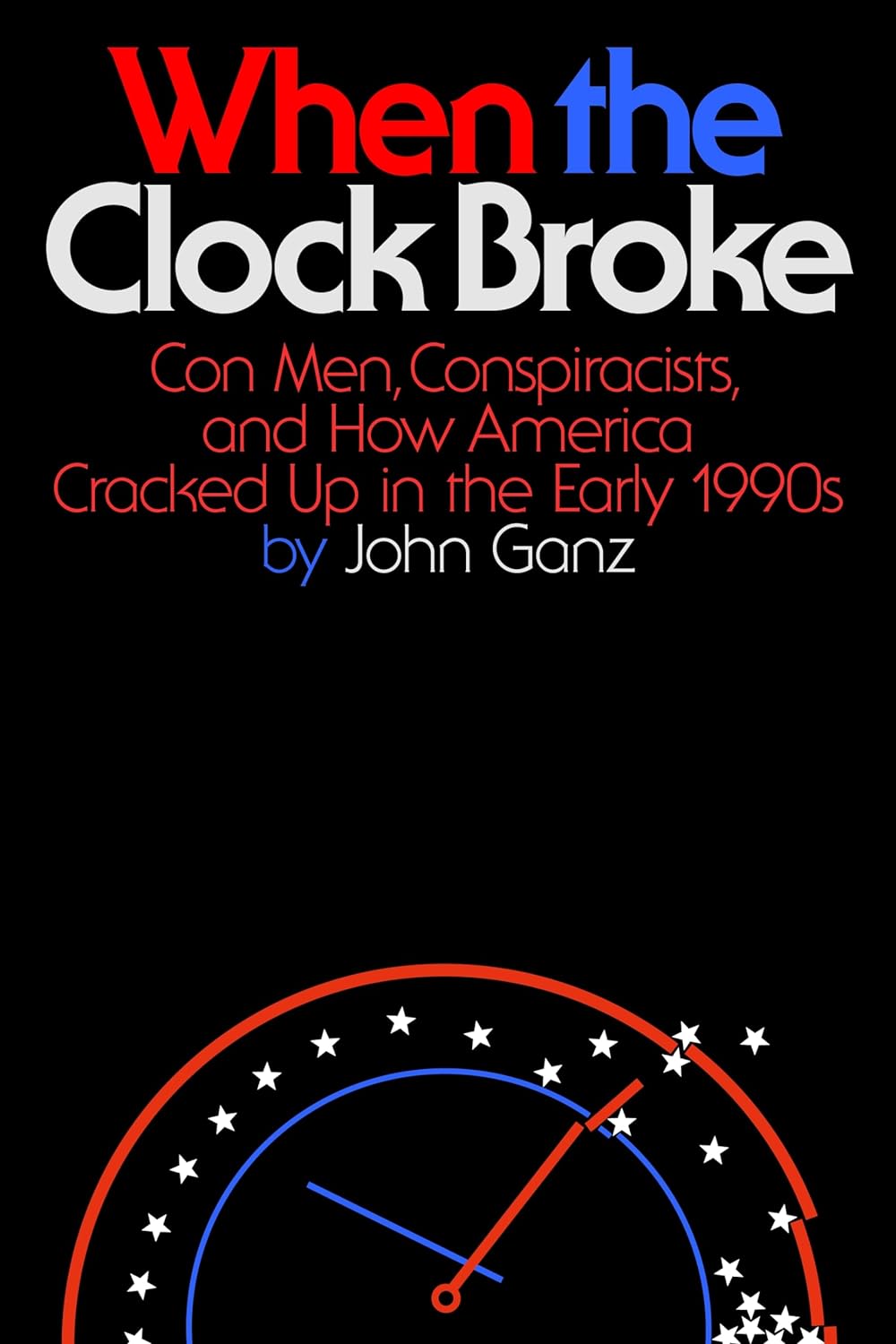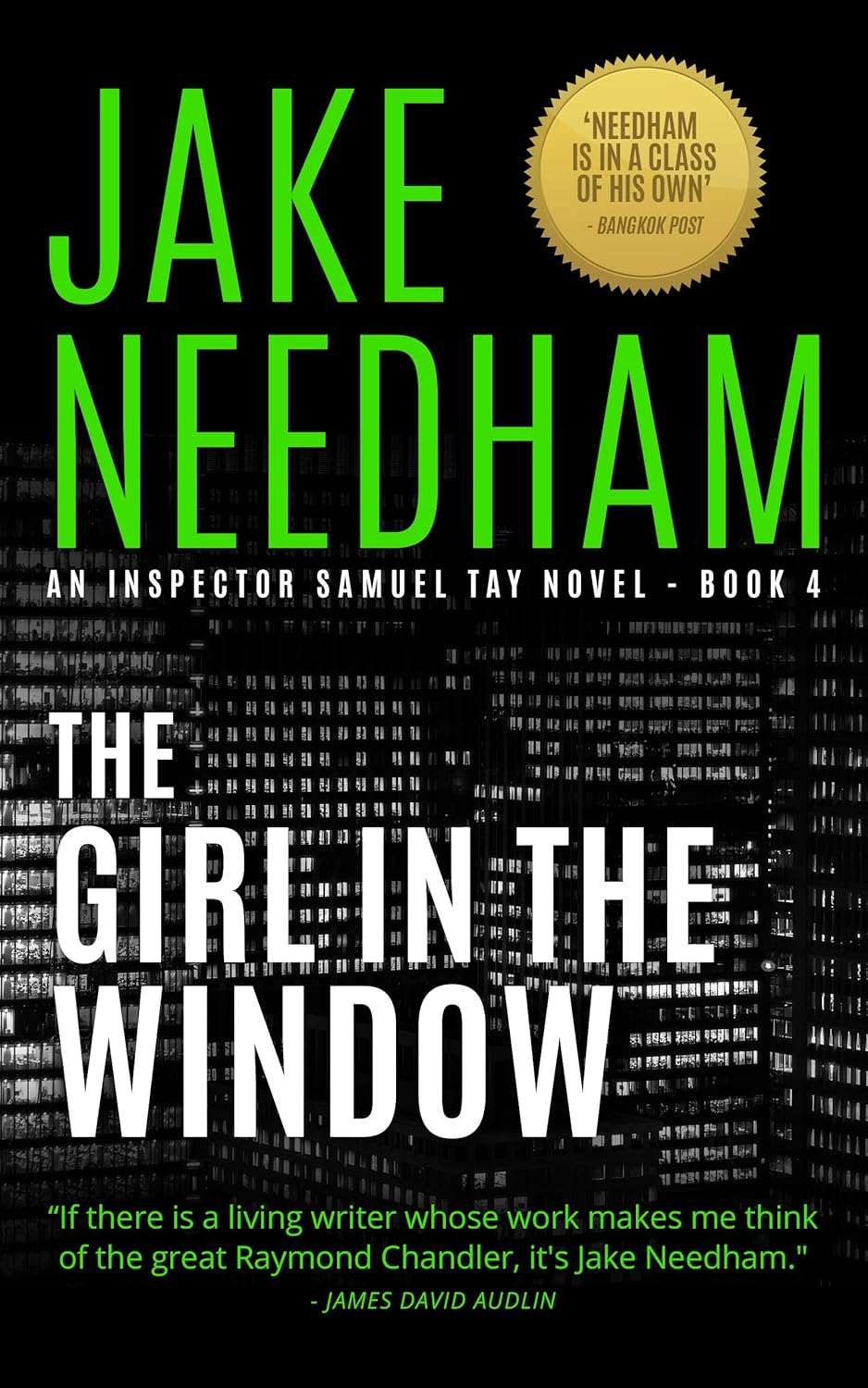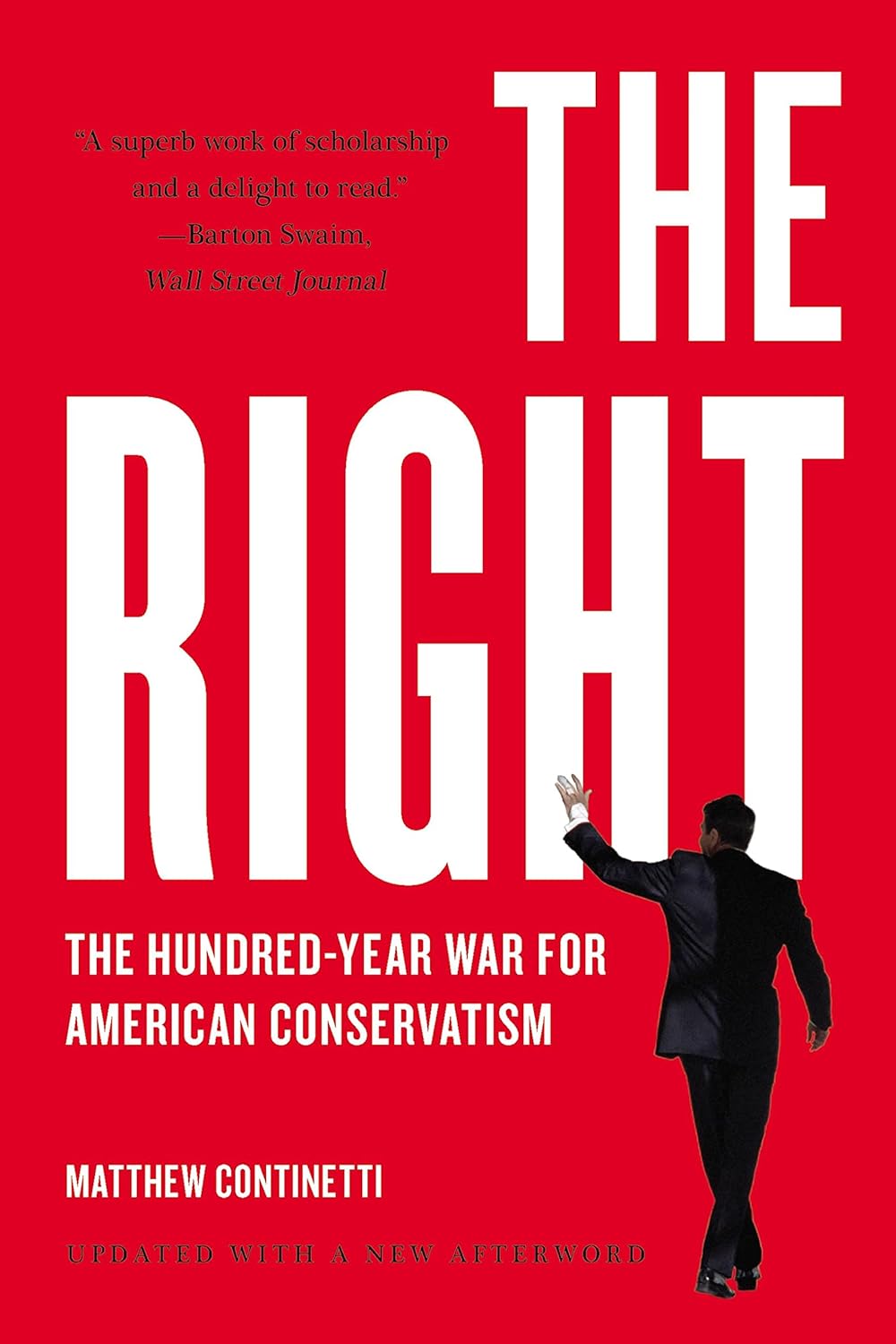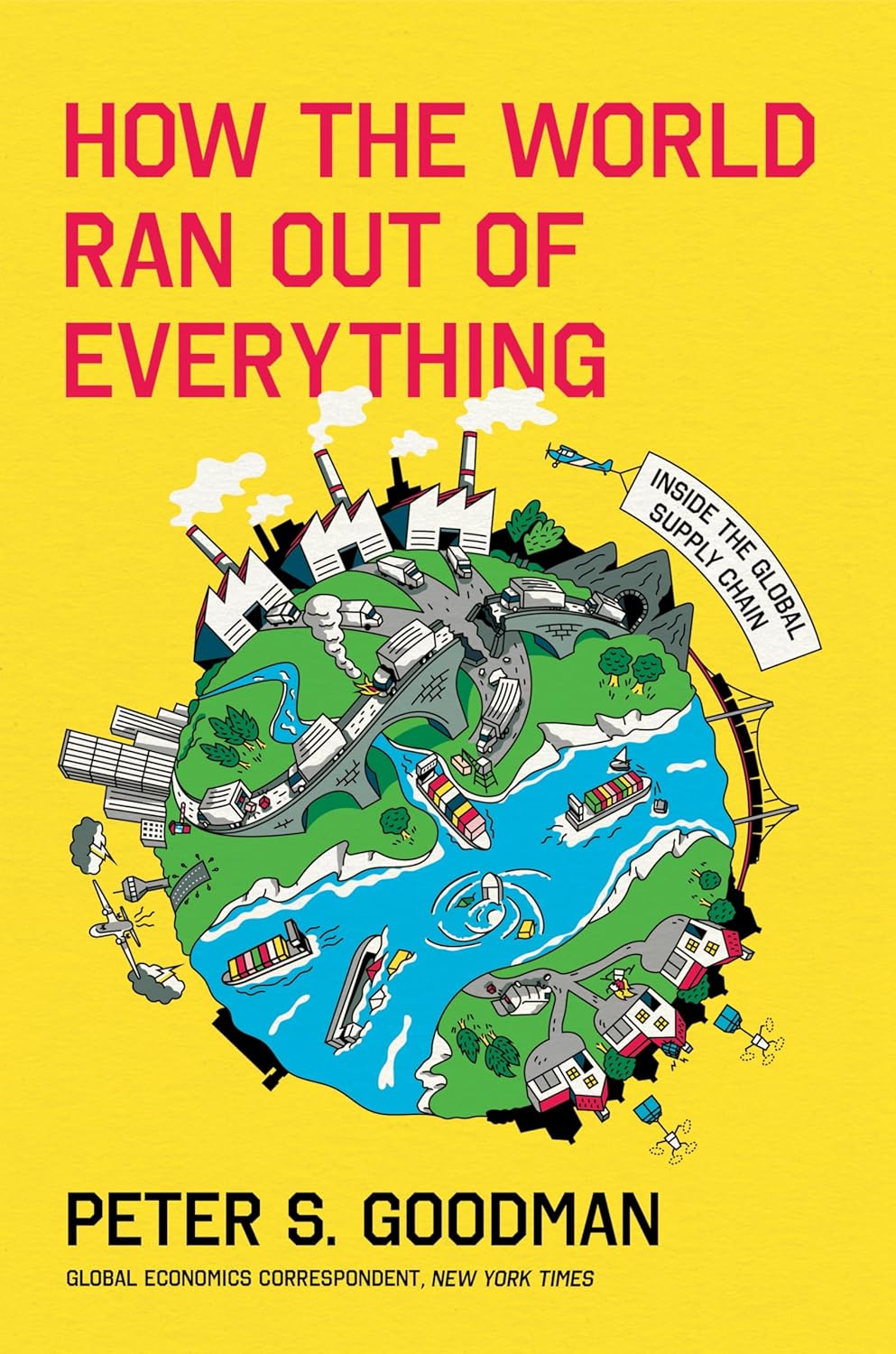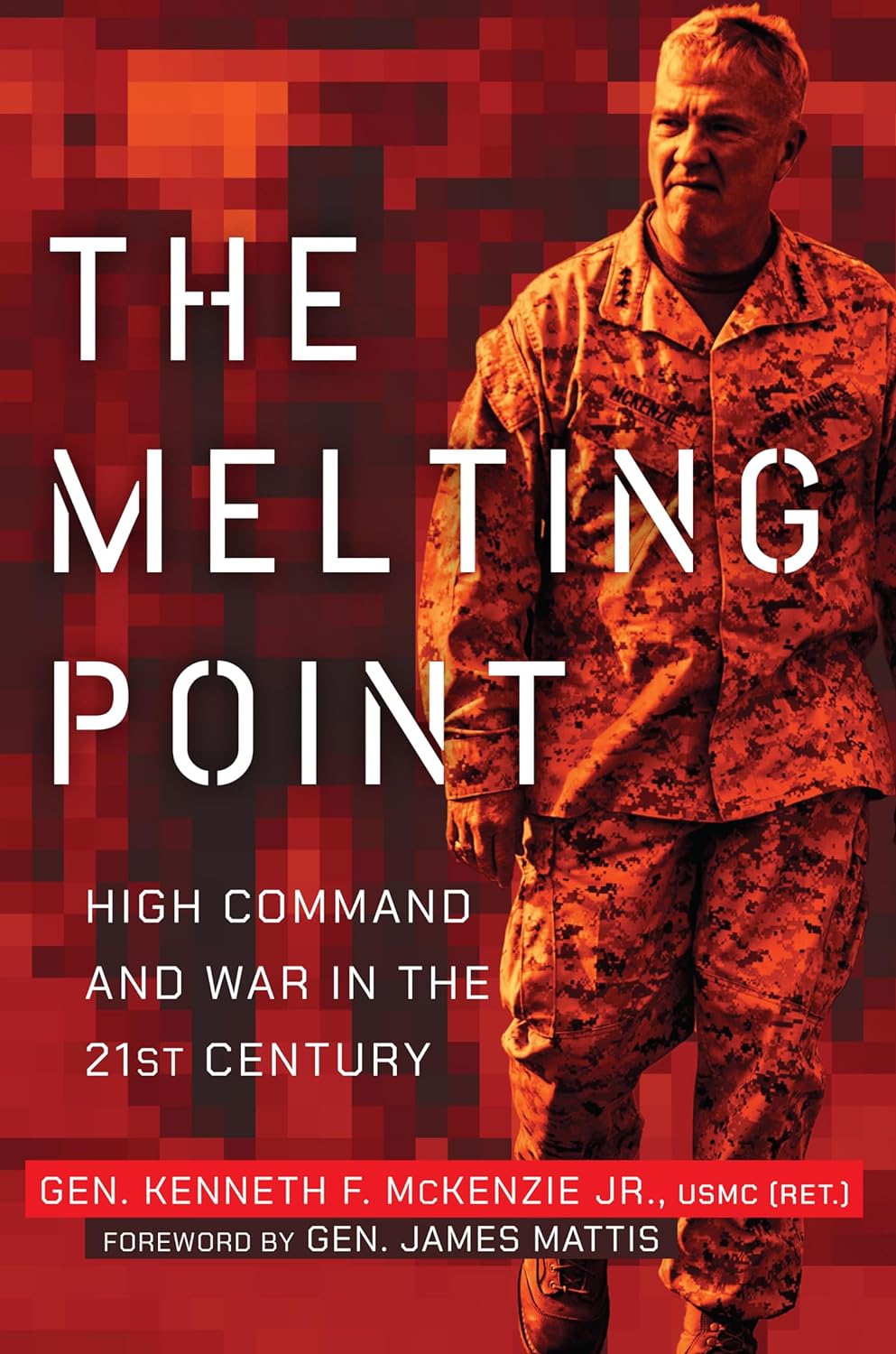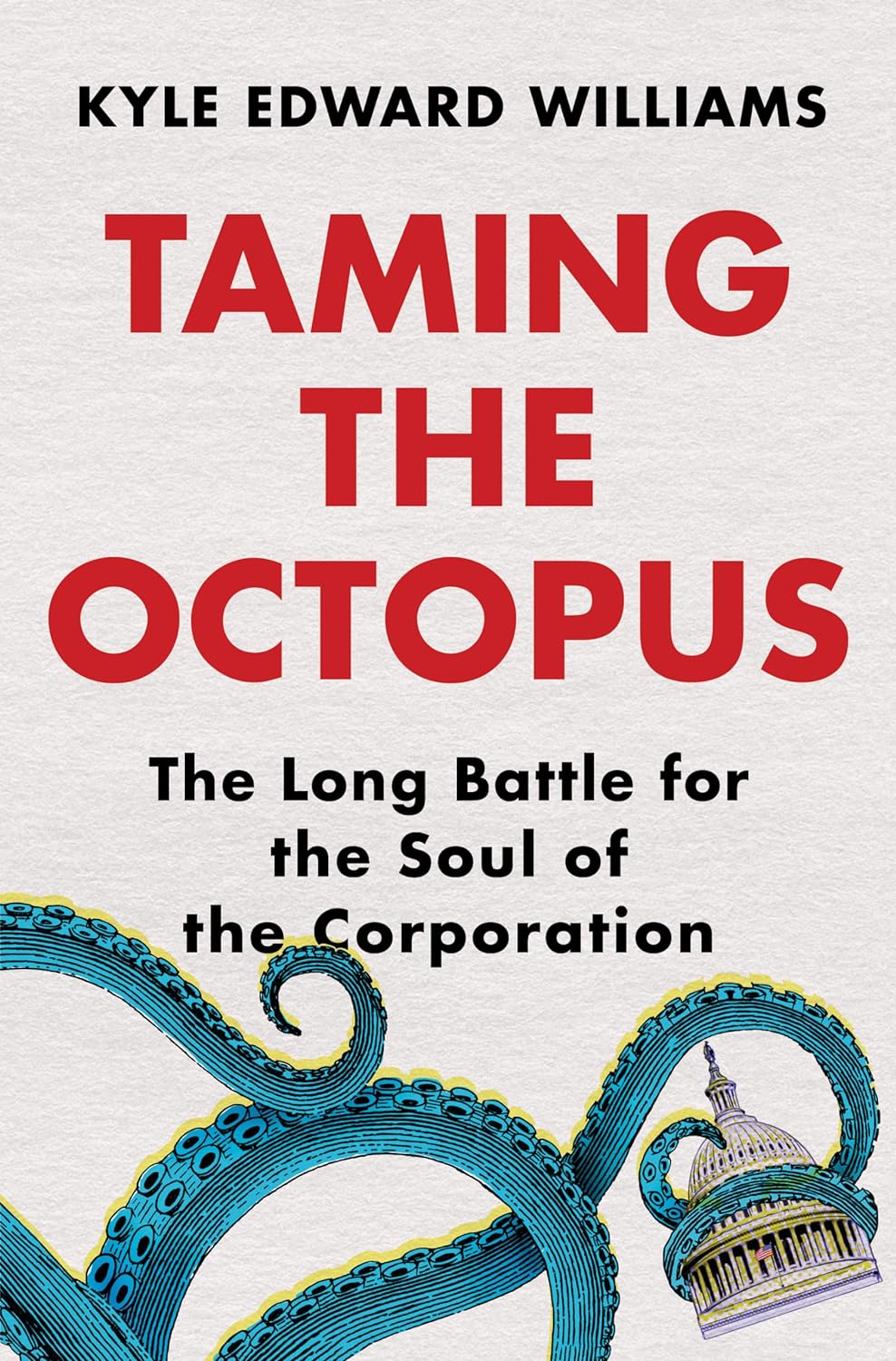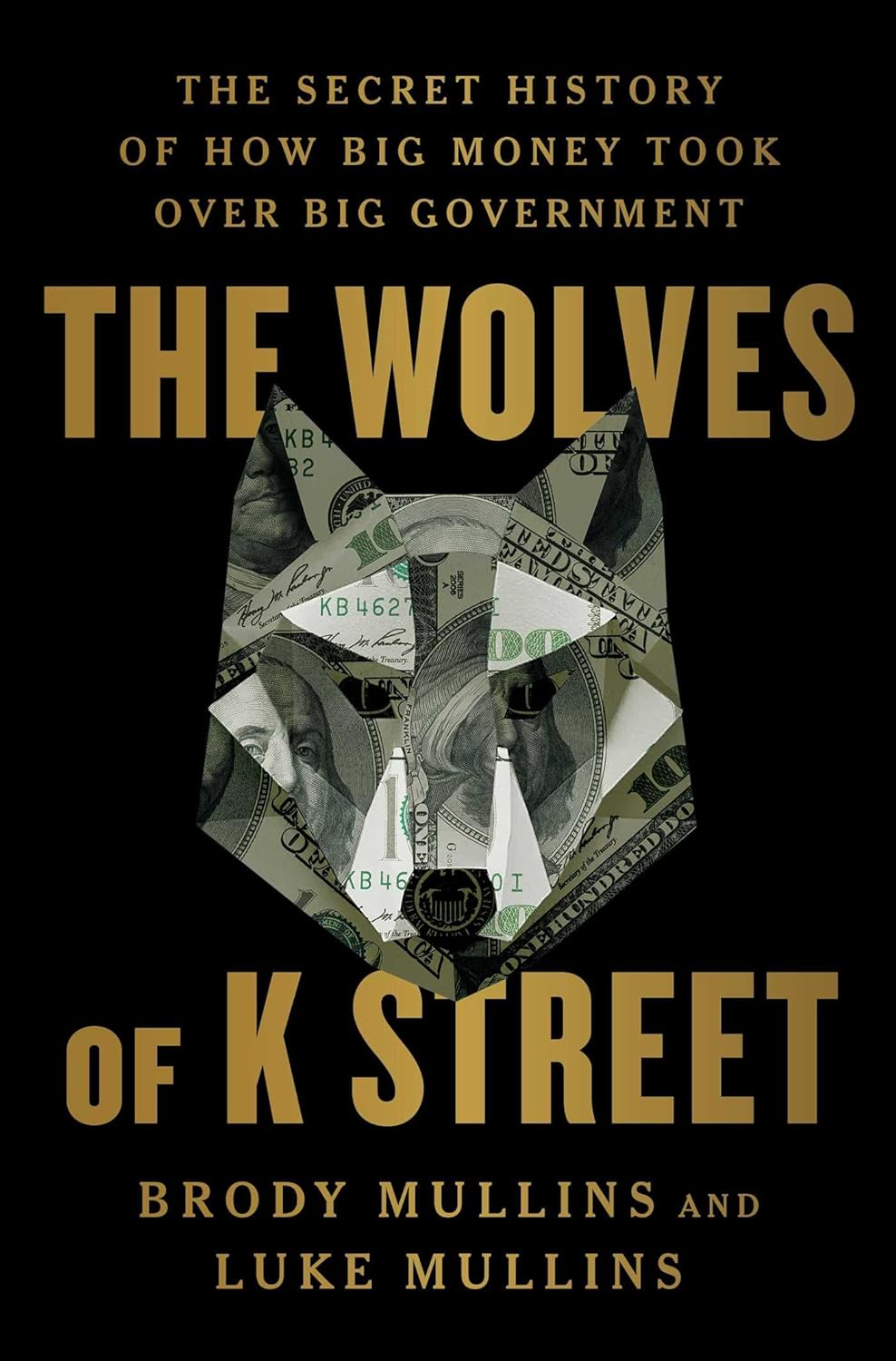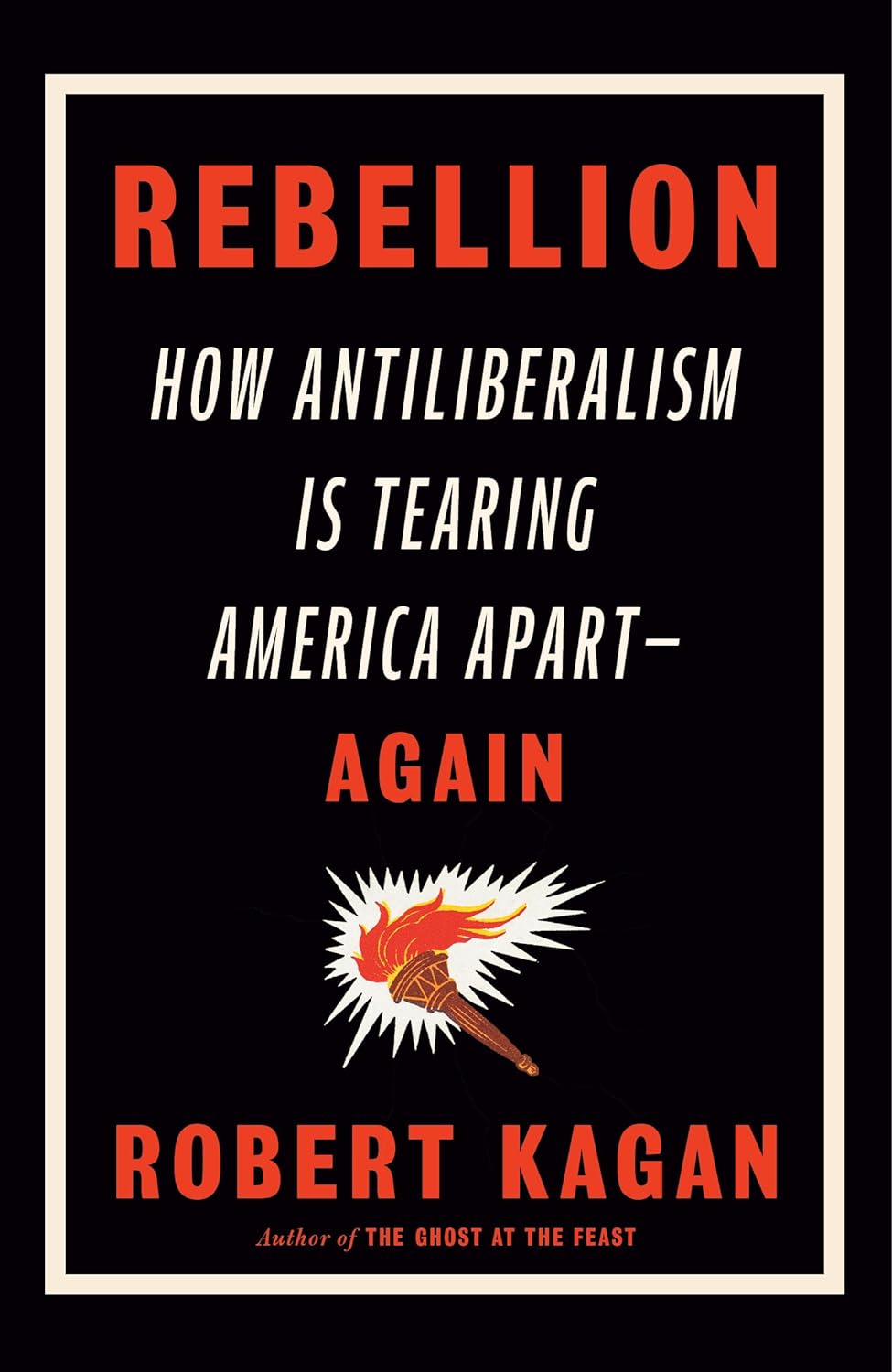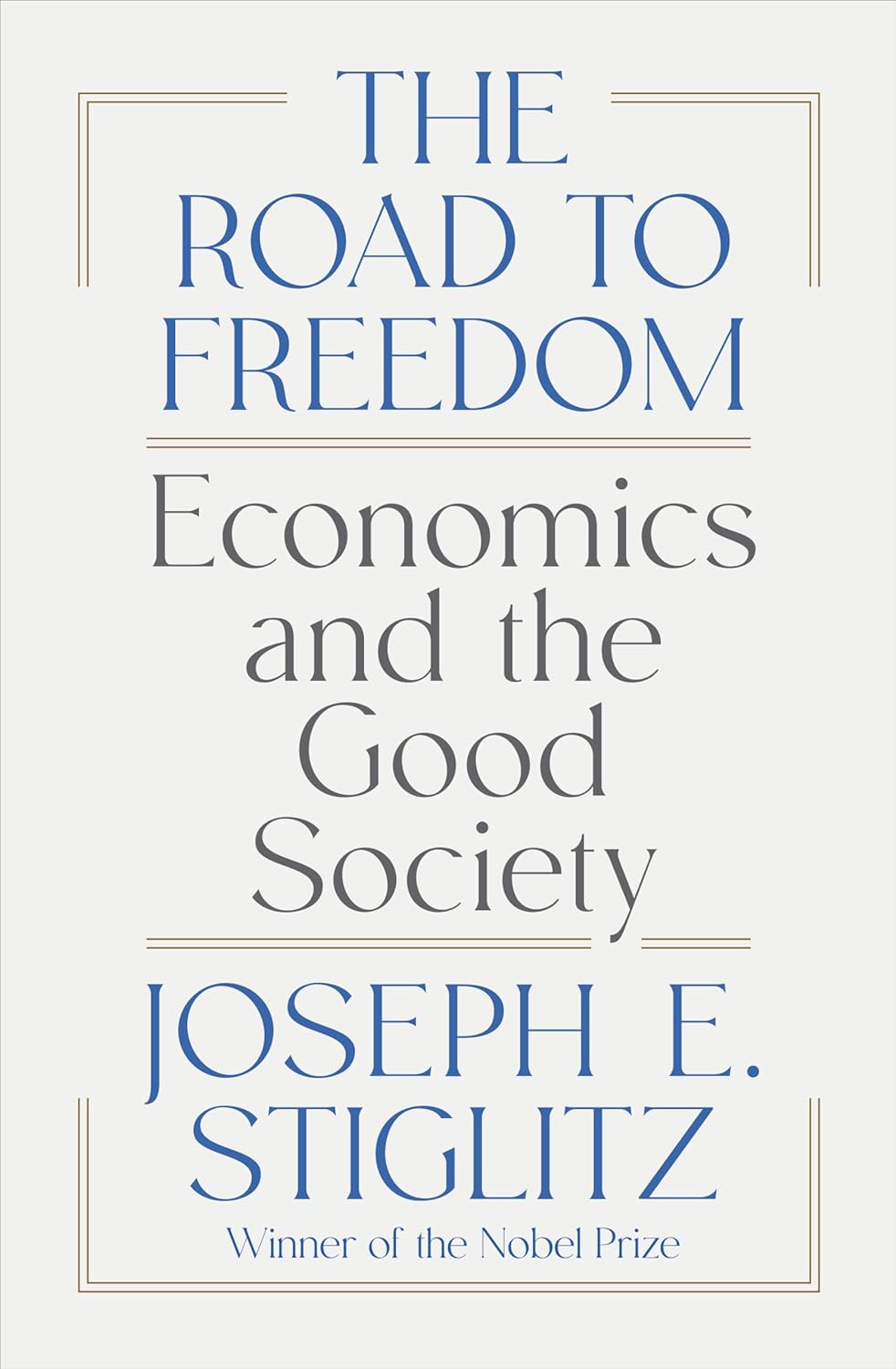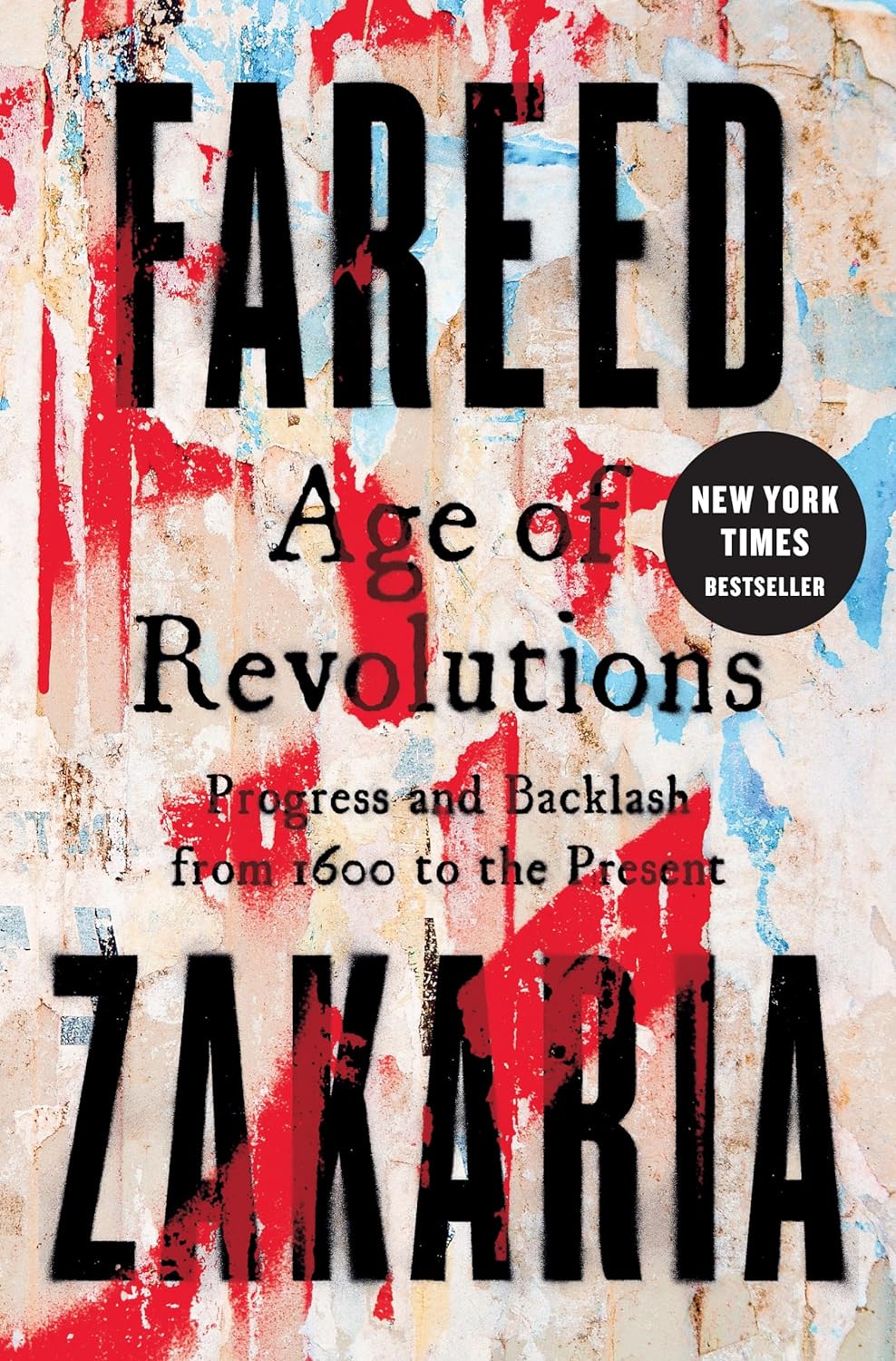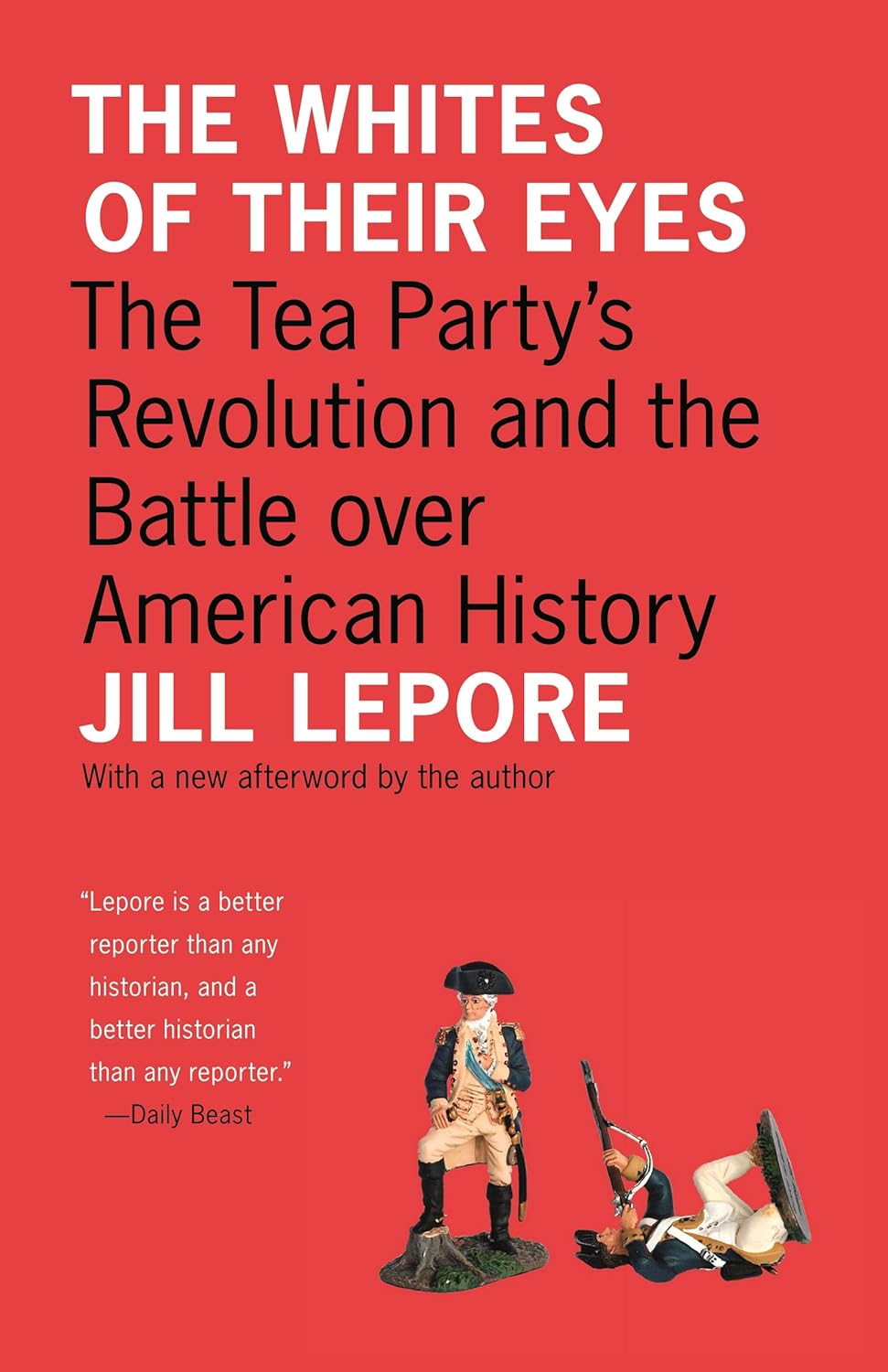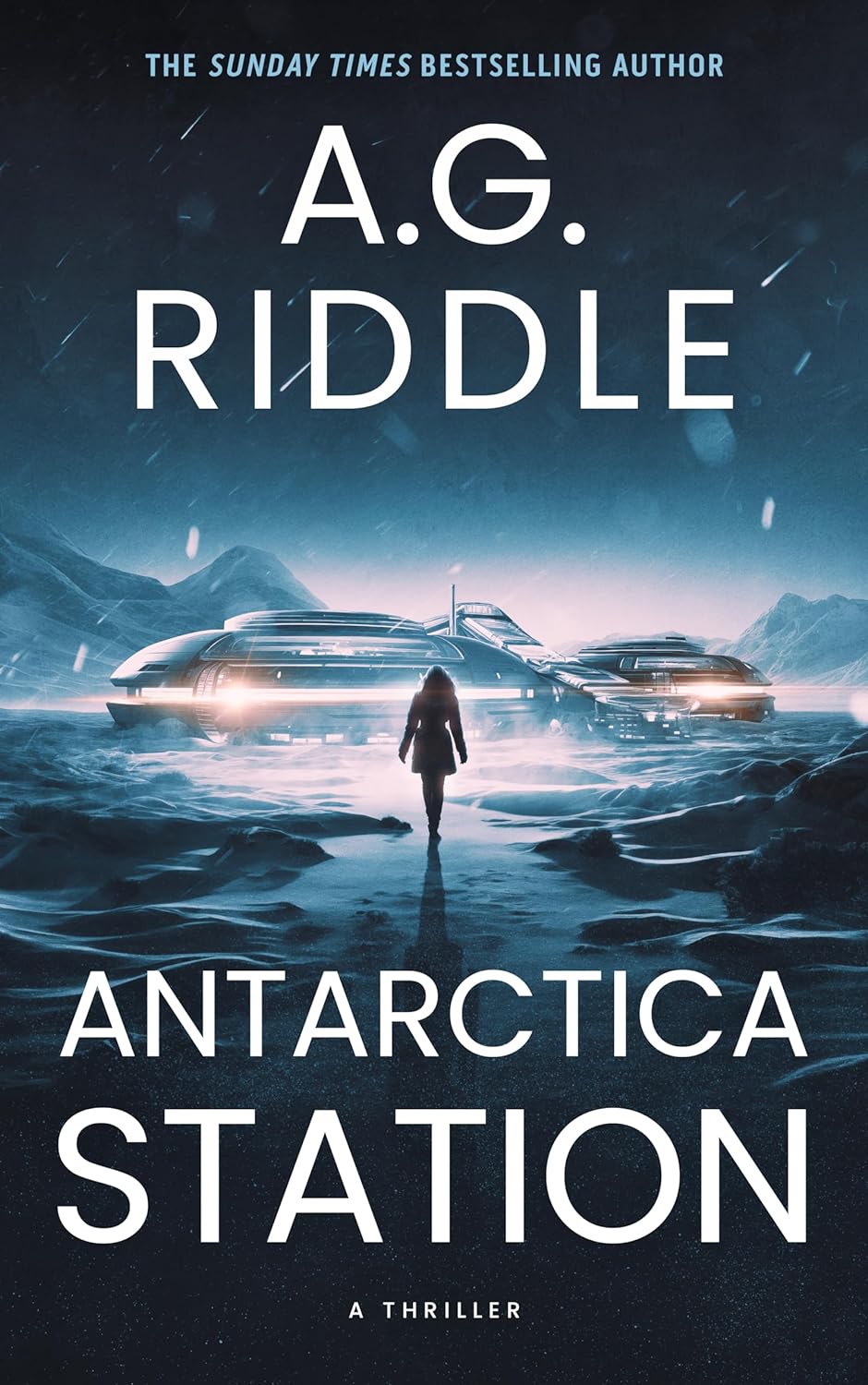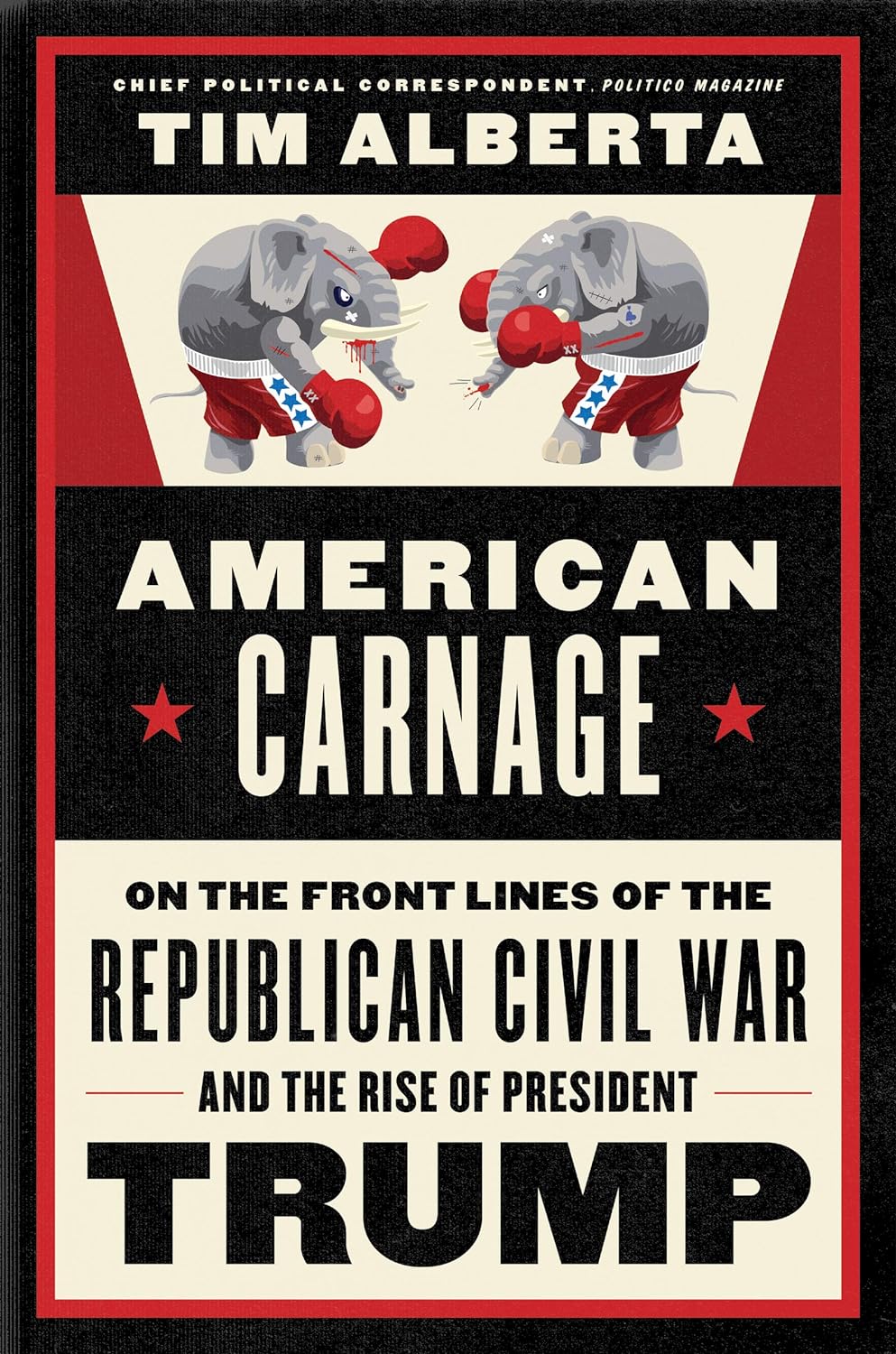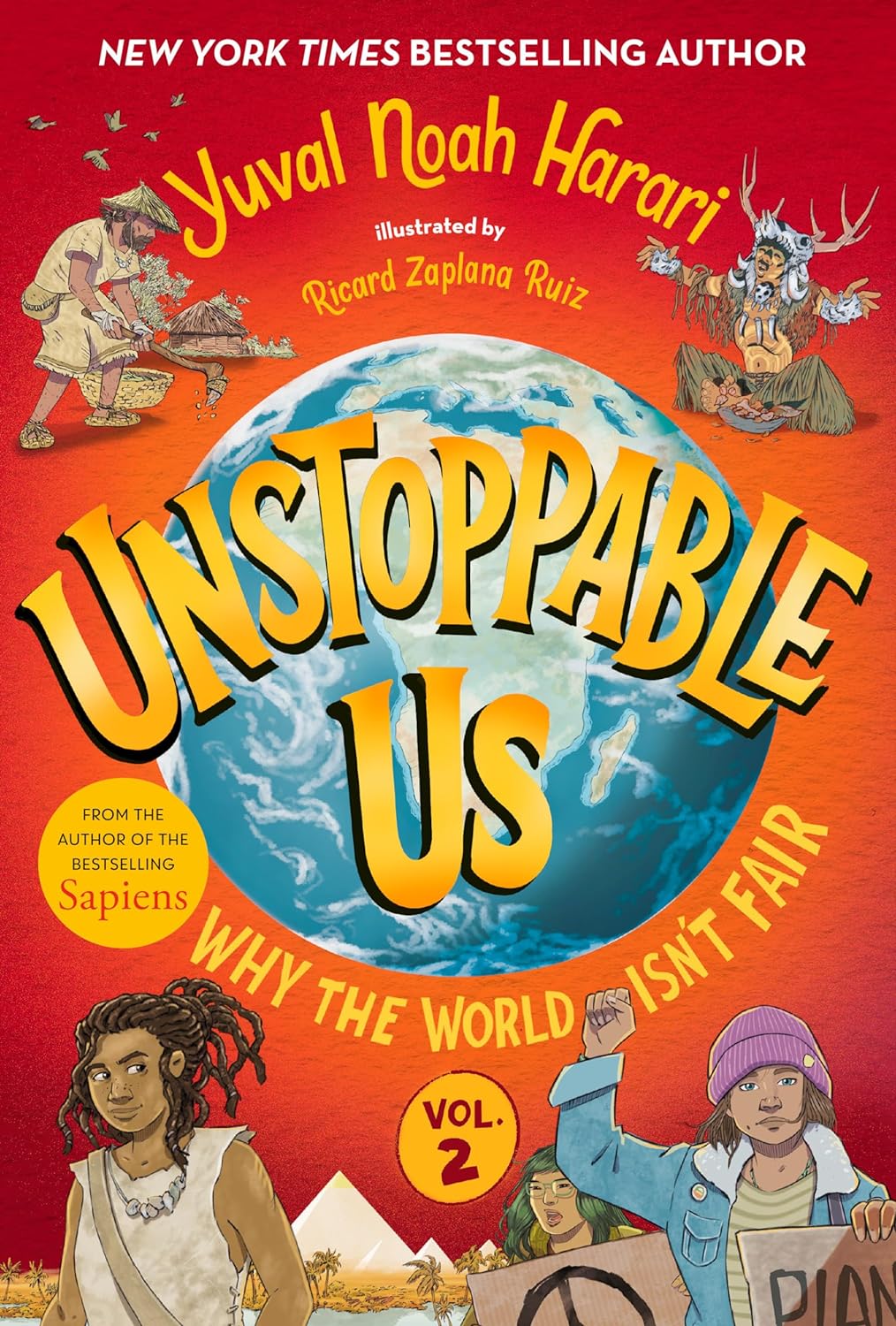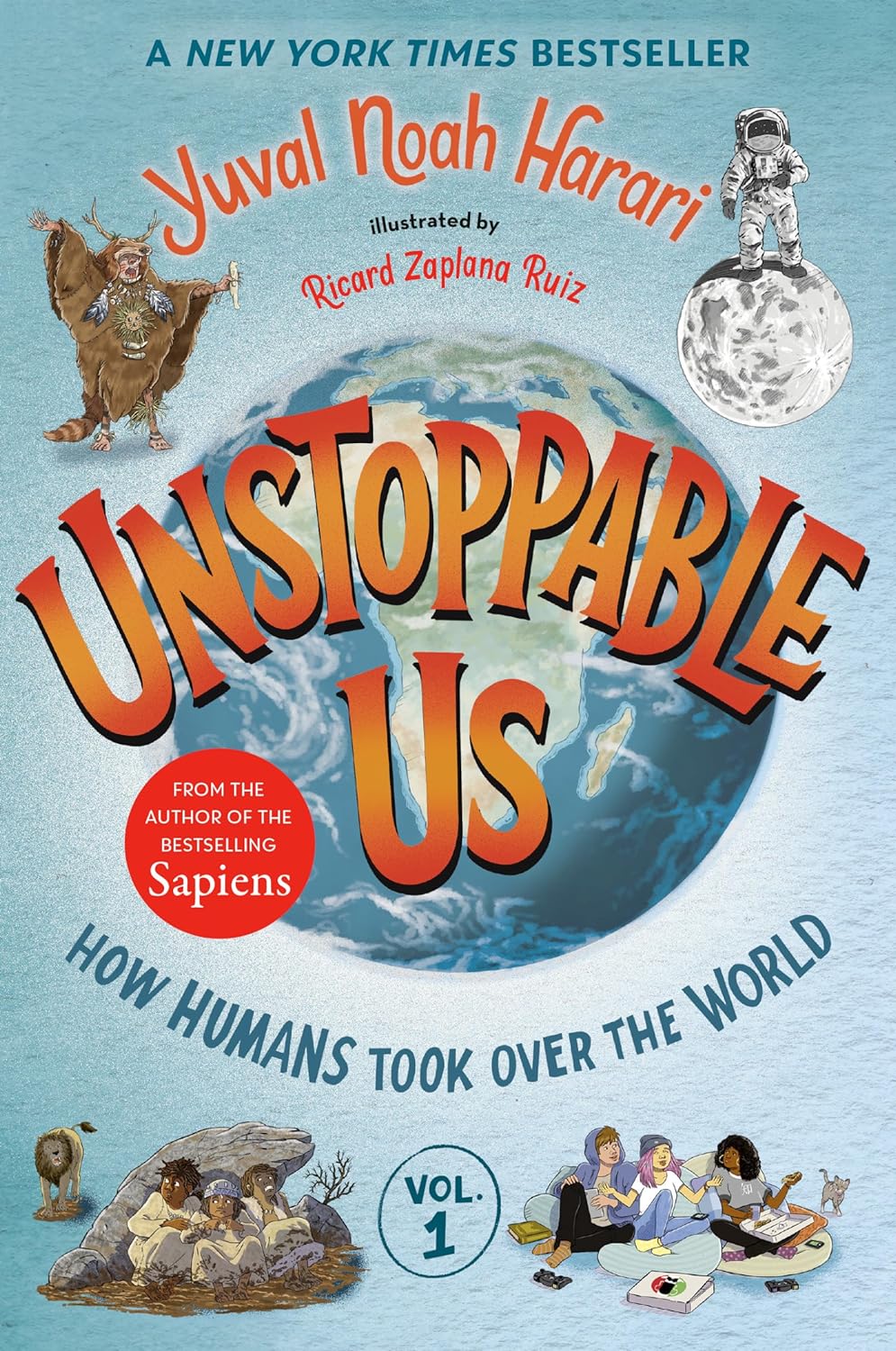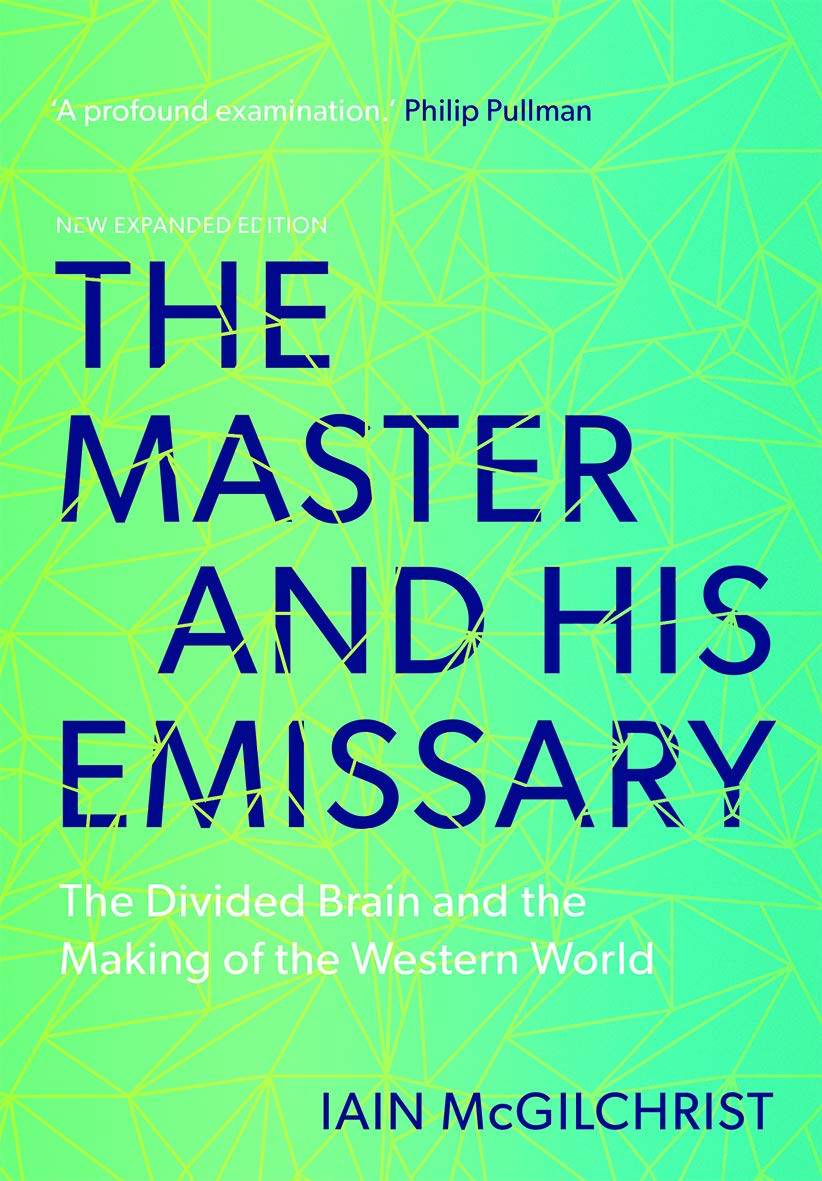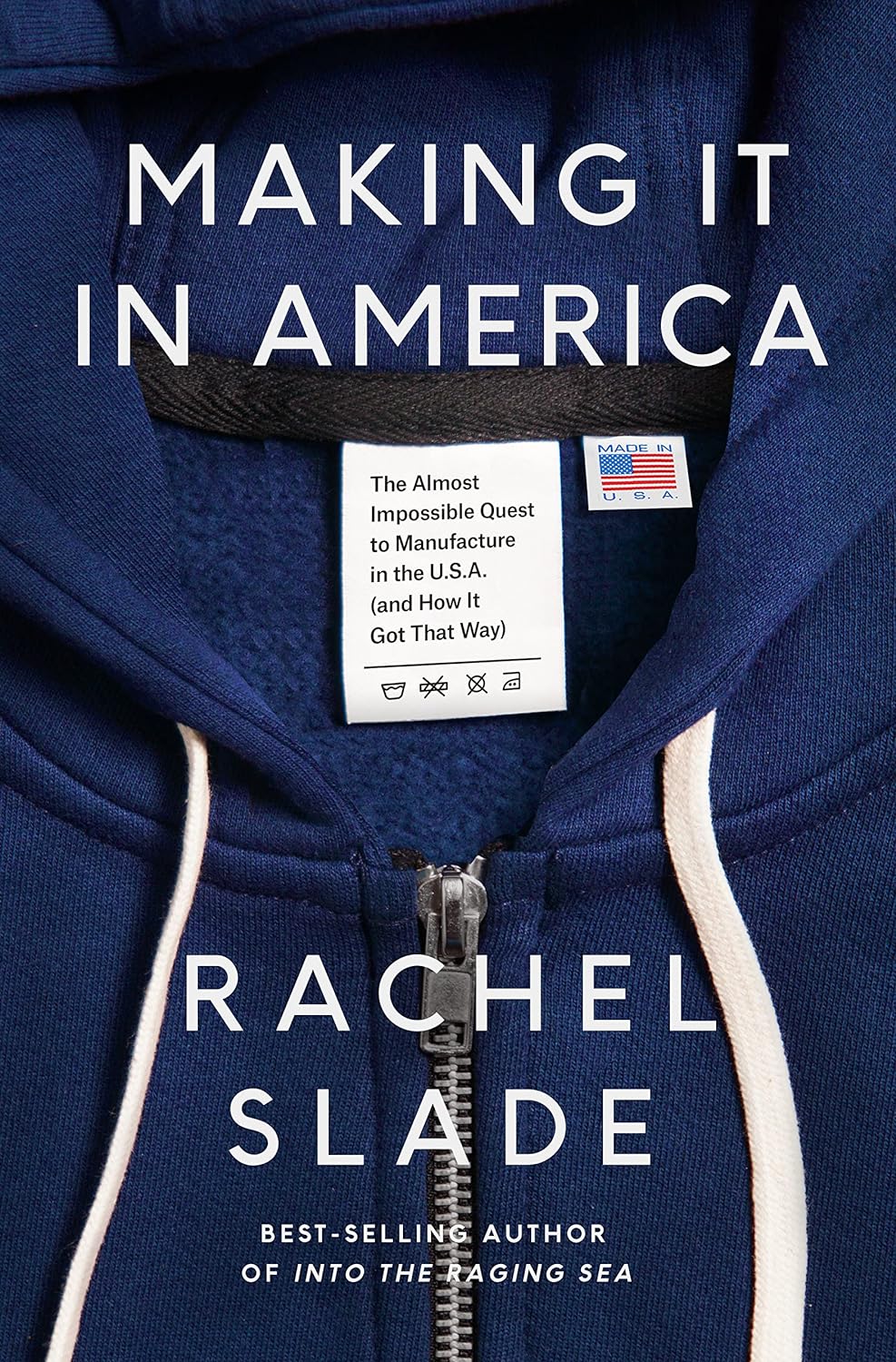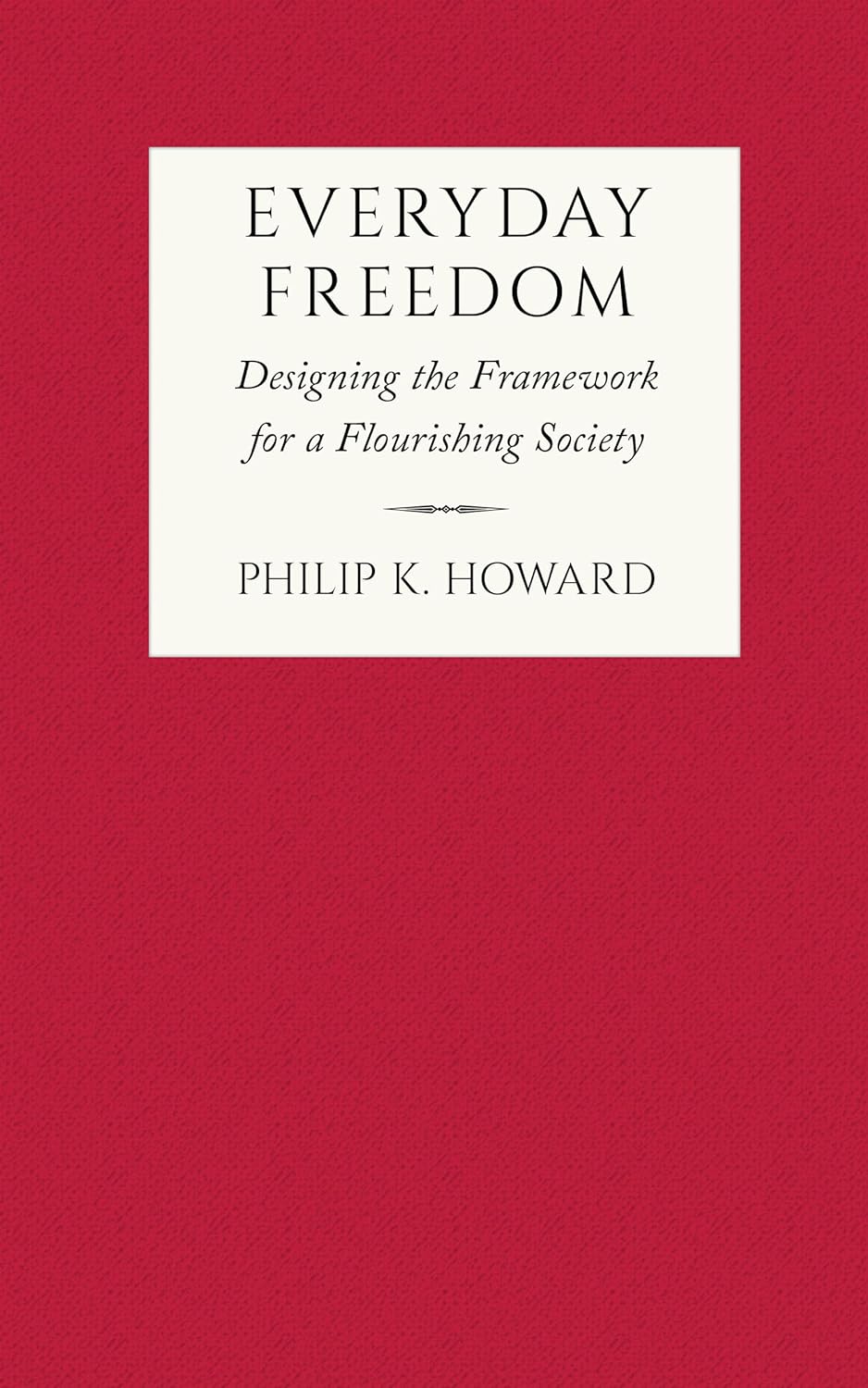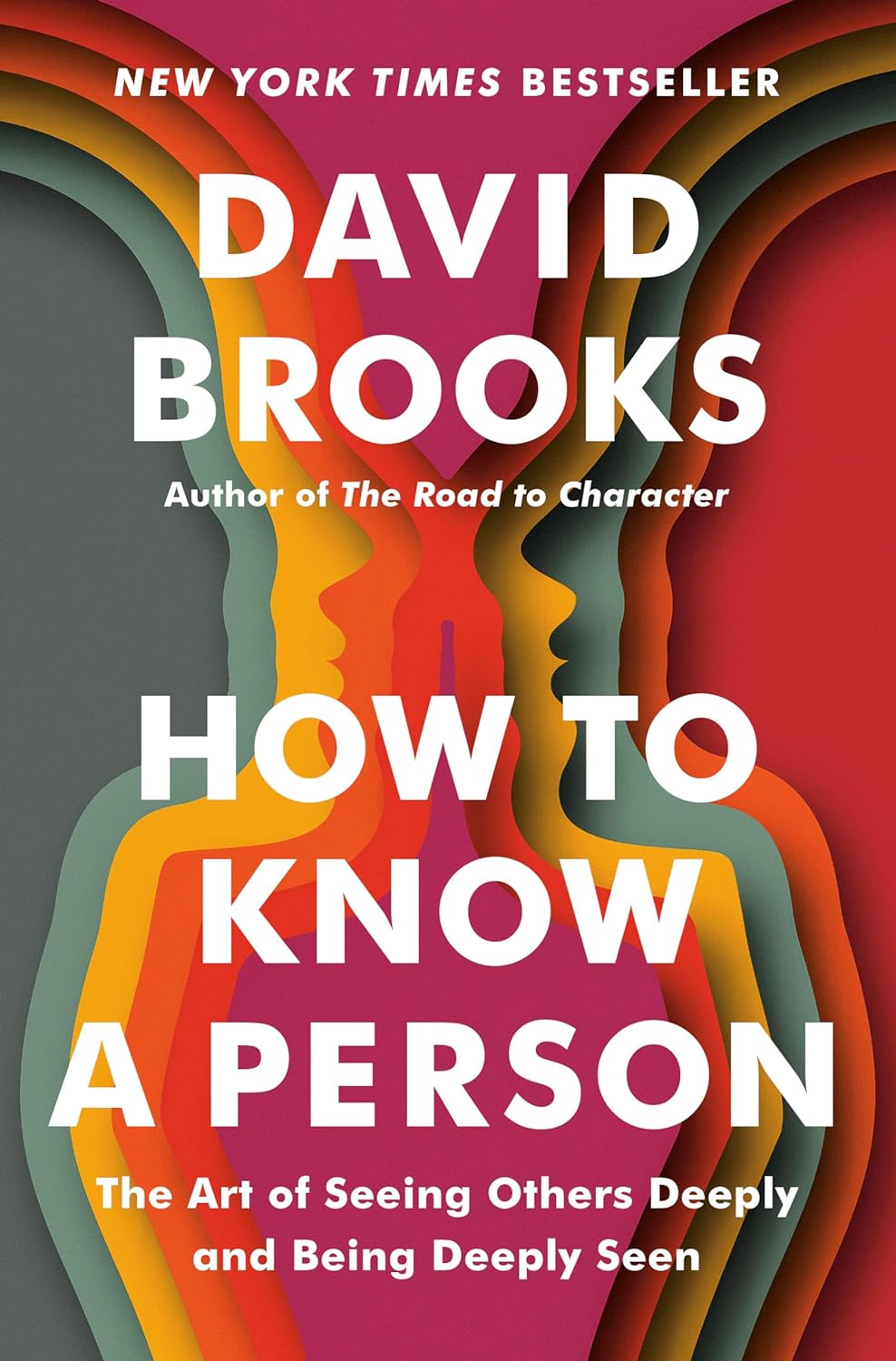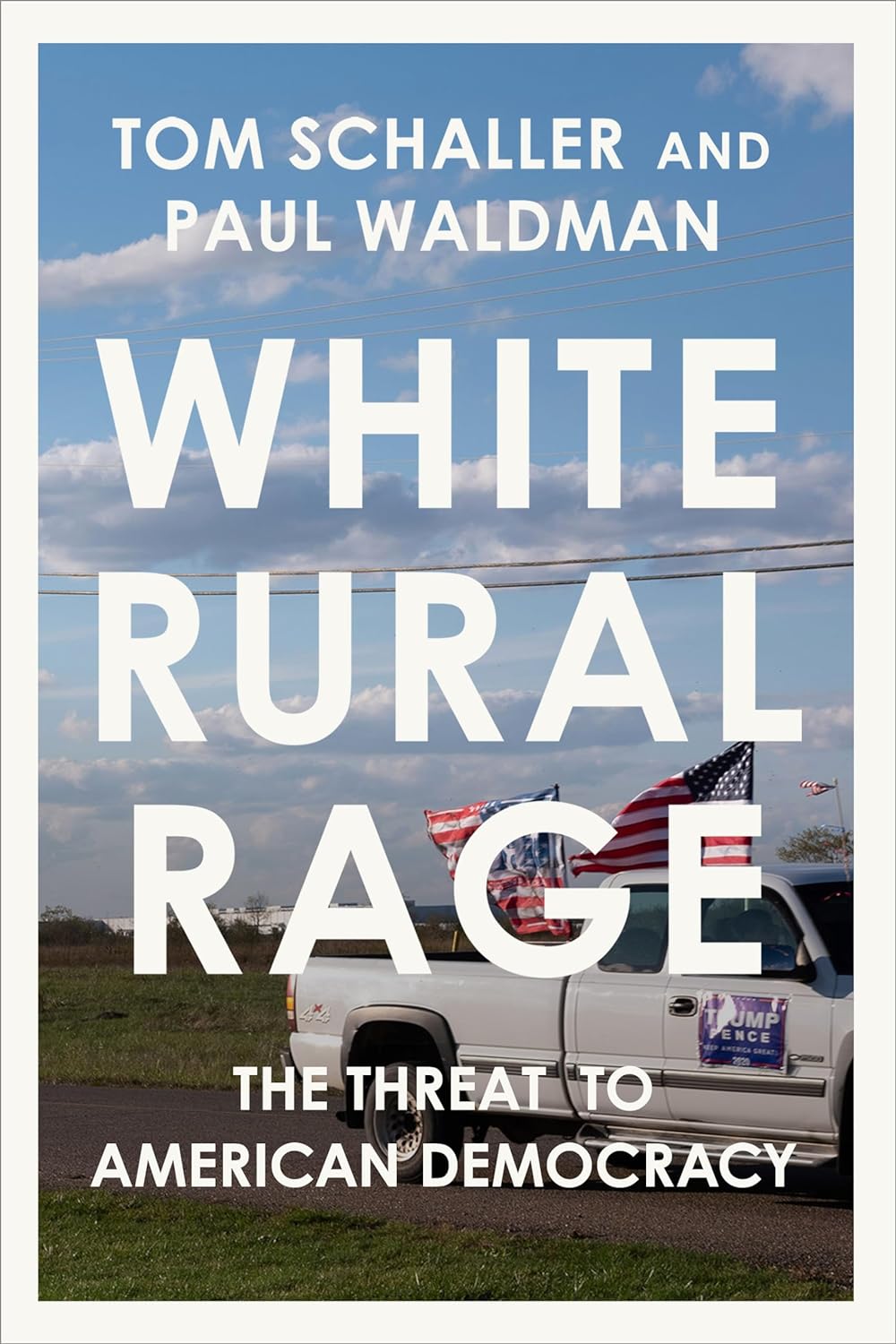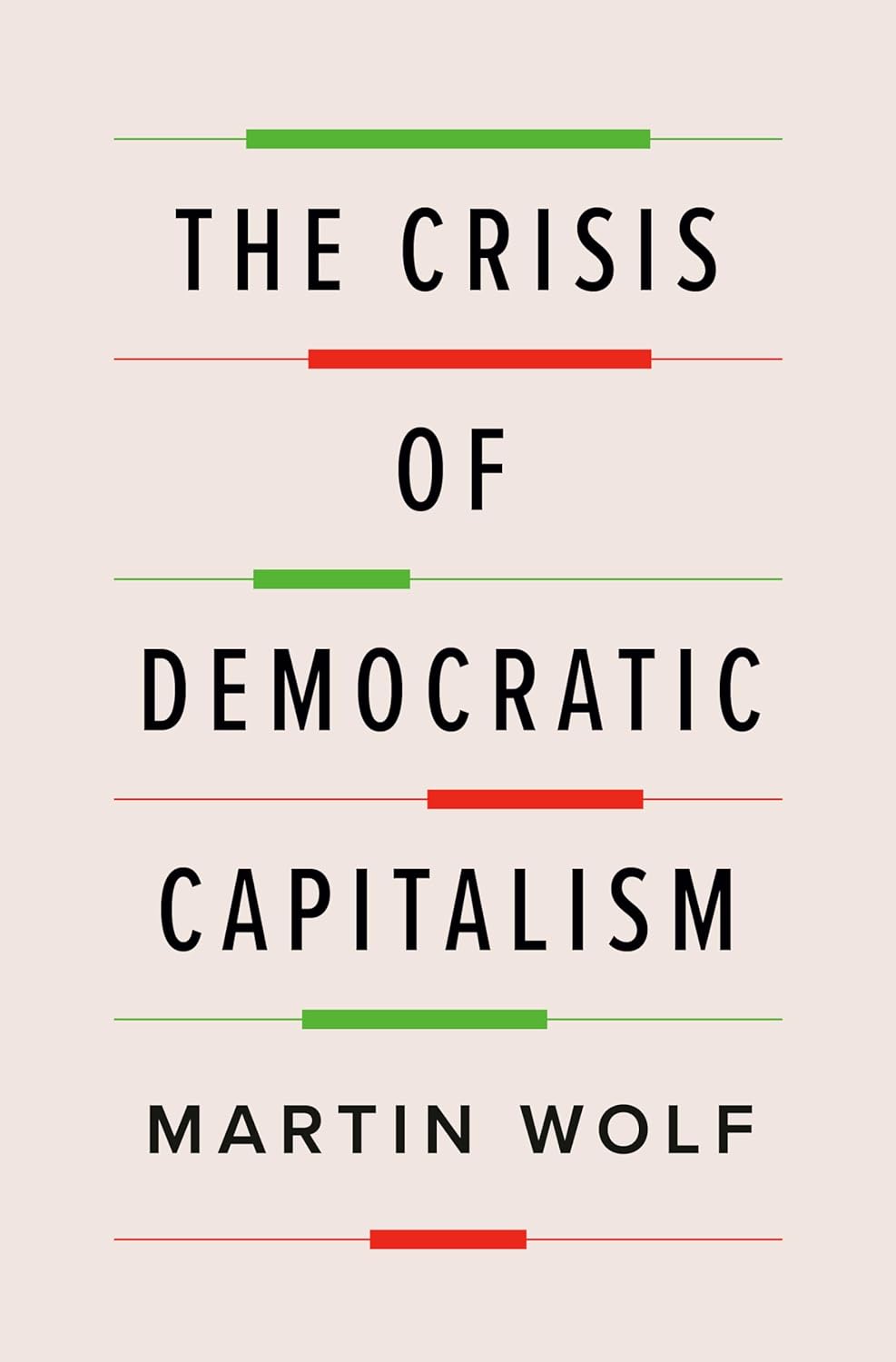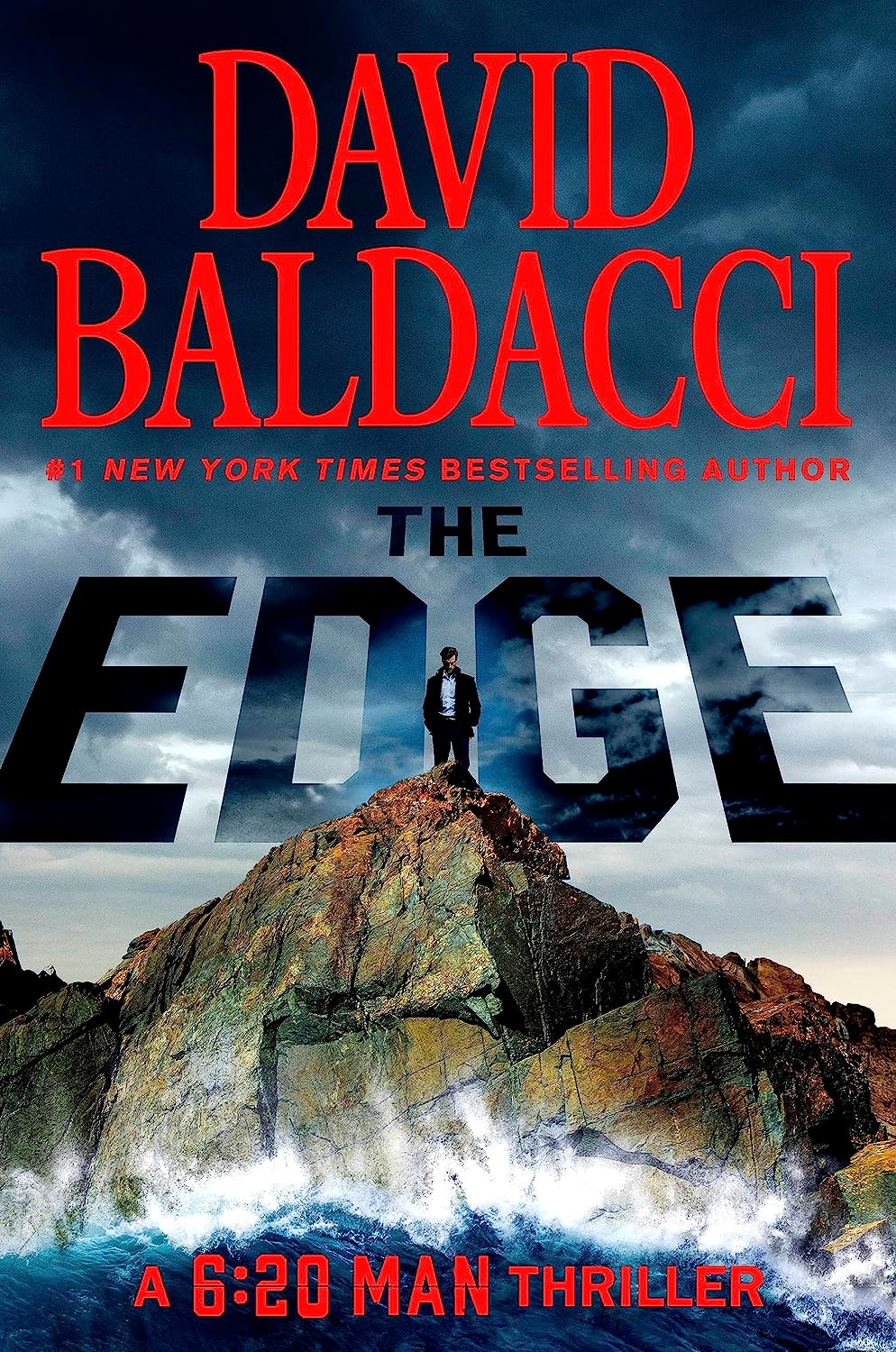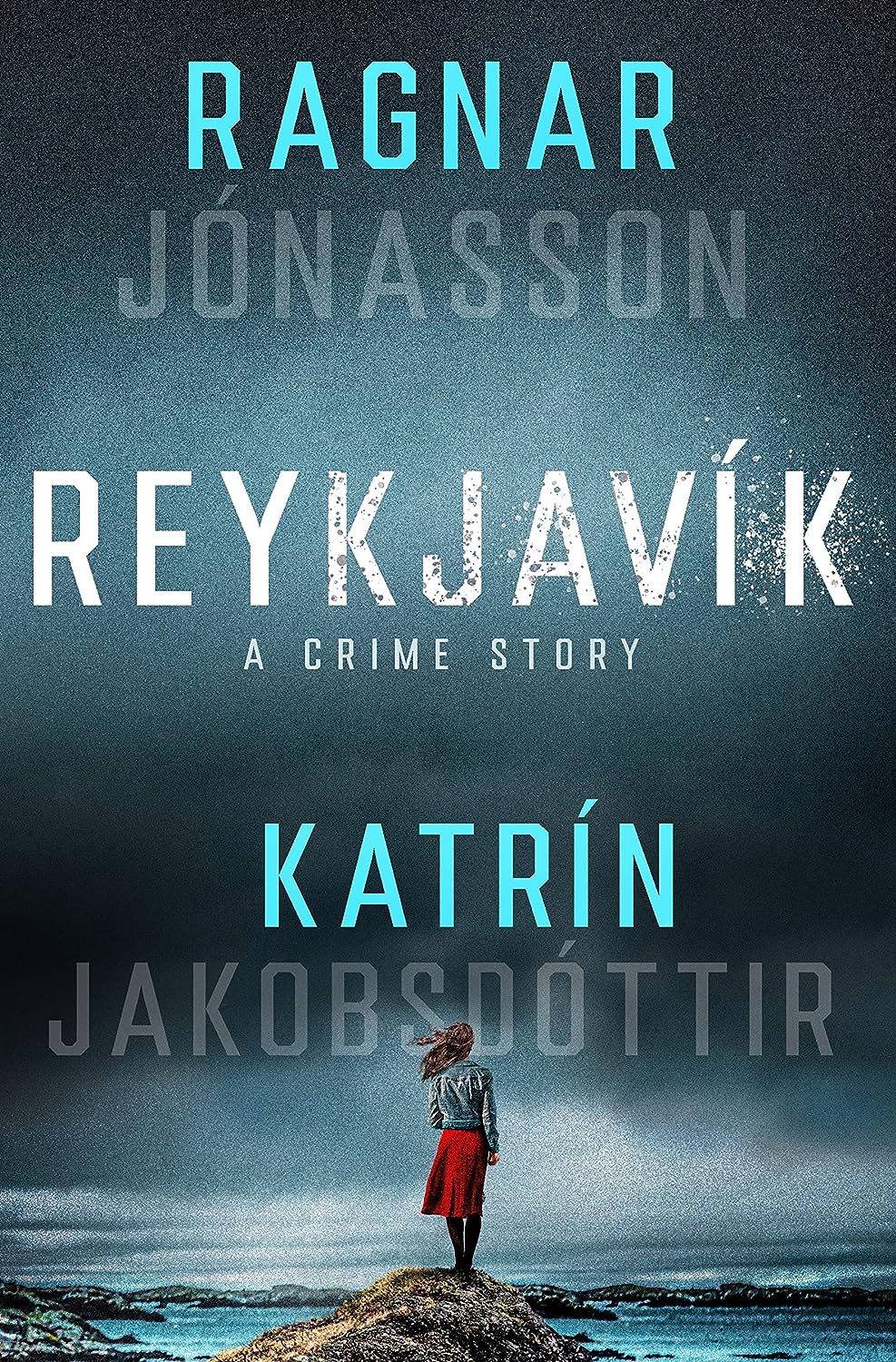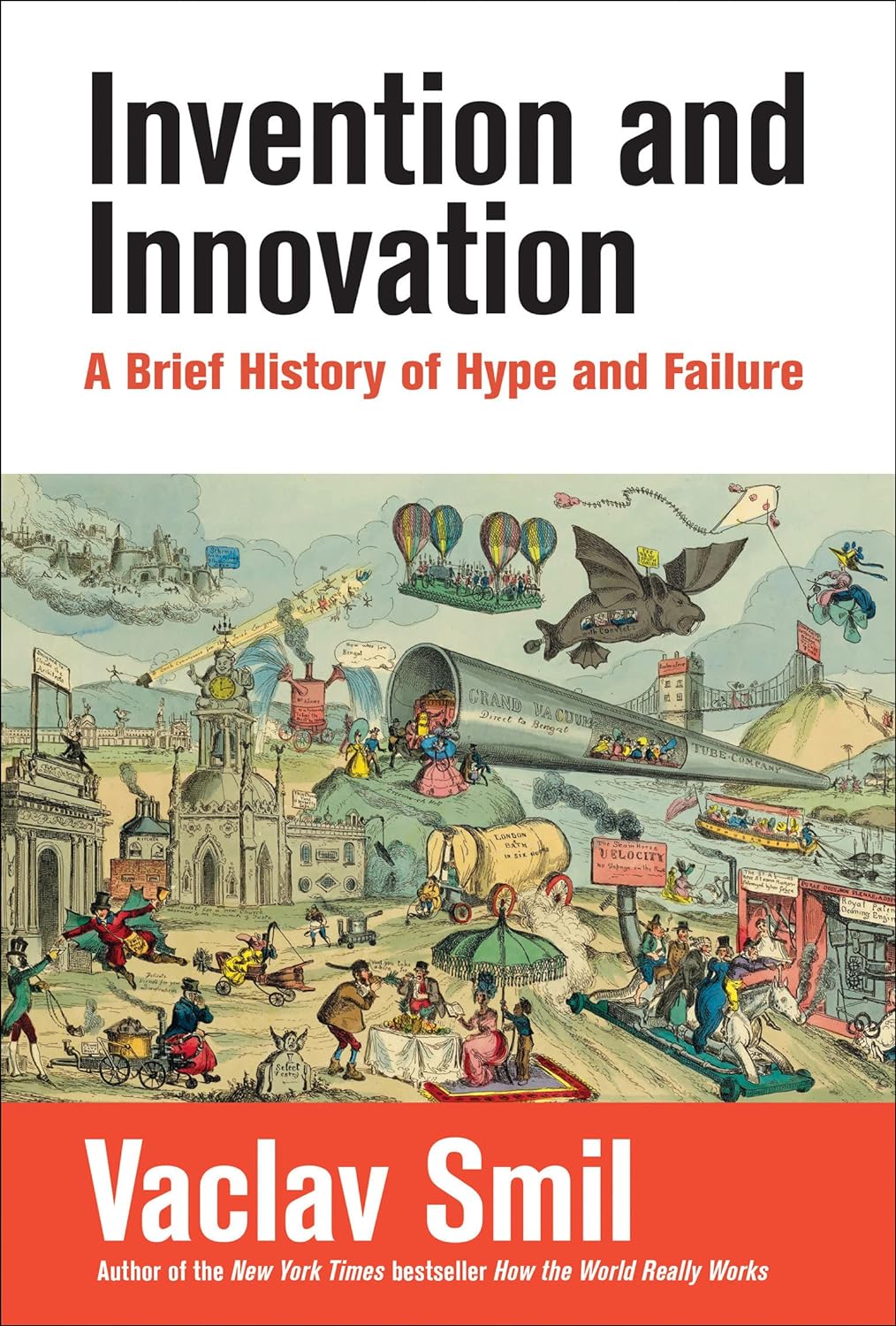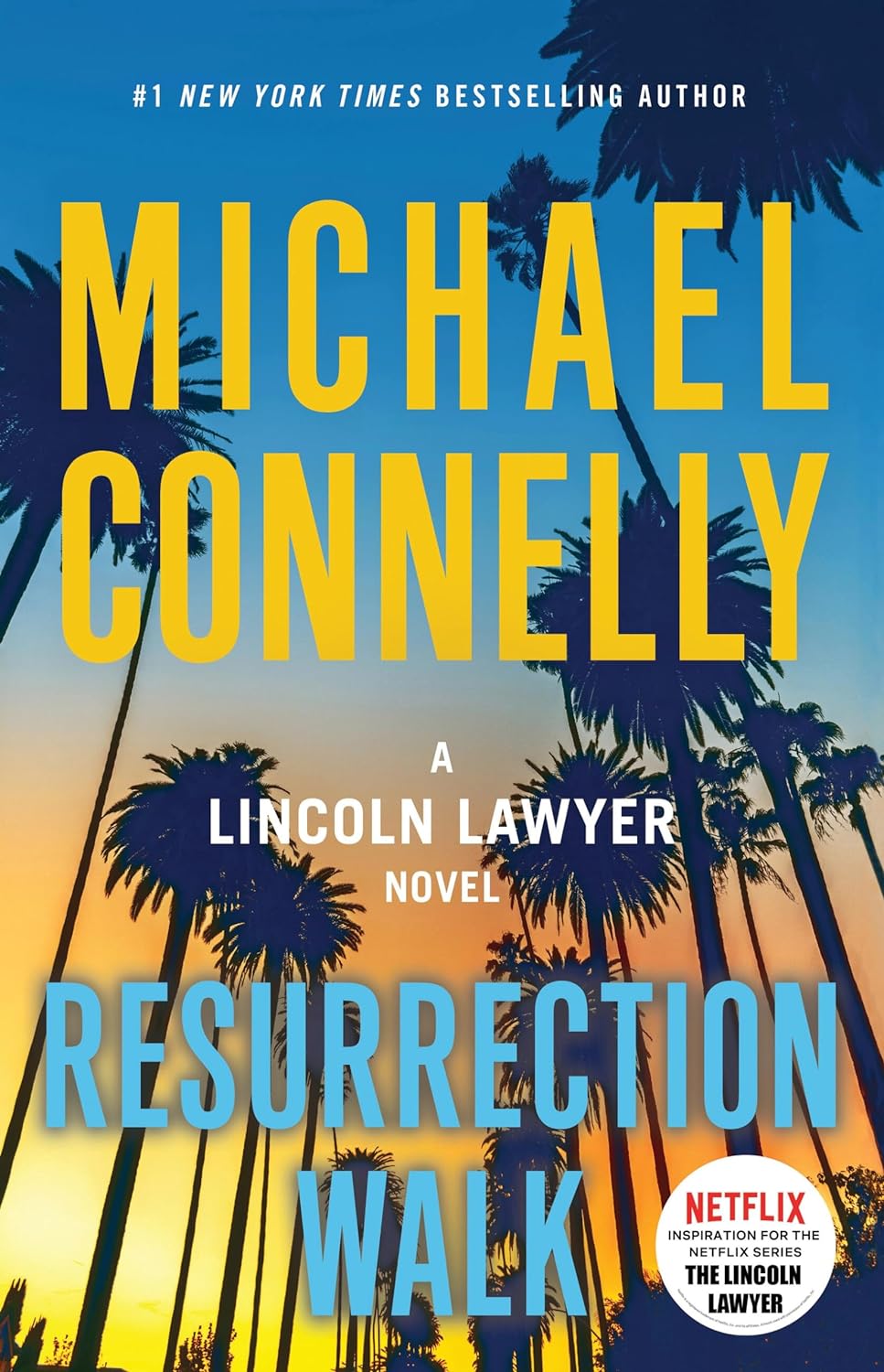February 20. This book is a linear history of warfare from 1945 to the present. It does not attempt to be comprehensive, but, rather to highlight conflicts that have evolved the state of warfare. He covers conflicts that many have forgotten about - the Chinese revolution after WWII, Malay insurgencies, Russia in Afghanistan, Grenada, Panama, Balkan wars. It is illuminating so see how much conflict there has been during that time. Patraeus describes how warfare has evolved and four key elements necessary for military leaders to master for success:
- Comprehensively grasp the overal strategic situation and craft an appropriate strategic approach
- Communicate the strategy to the organization and stakeholders
- Oversee the implementation
- Determine how to refine and adapt the strategy.
He and Roberts evaluate each conflict on these four elements. One thing that struck me is that while the methods and technology of warfare have evolved, creating ever more lethality and systemaic methods for battlefield success, the world seems to continue to get into wars without a clear purpose and while winning the battle (think Vietnam, Iraq, and Afghanistan for the US), don't have a clear objective or plans to win the peace. It was also strking that while militaries can fight wars, other tools of foreign policy - such as diplomacy - are necessary to secure lasting peace. I hope those who advocate war will take away the larger lessons from this book - particulary understanding why we go to war in the first place and how to achieve peace rather than just endless warfare.
 On His Majesty's Secret Service
On His Majesty's Secret Service Purchase On His Majesty's Secret Service from Amazon.com
Purchase On His Majesty's Secret Service from Amazon.com
